Undeceptions with John Dickson
Every week on Undeceptions we’ll explore some aspect of life, faith, history, culture, or ethics that is either much misunderstood or mostly forgotten. With the help of people who know what they’re talking about, we’ll be trying to ‘undeceive ourselves’ and let the truth ‘out’.
157. Why Believe?
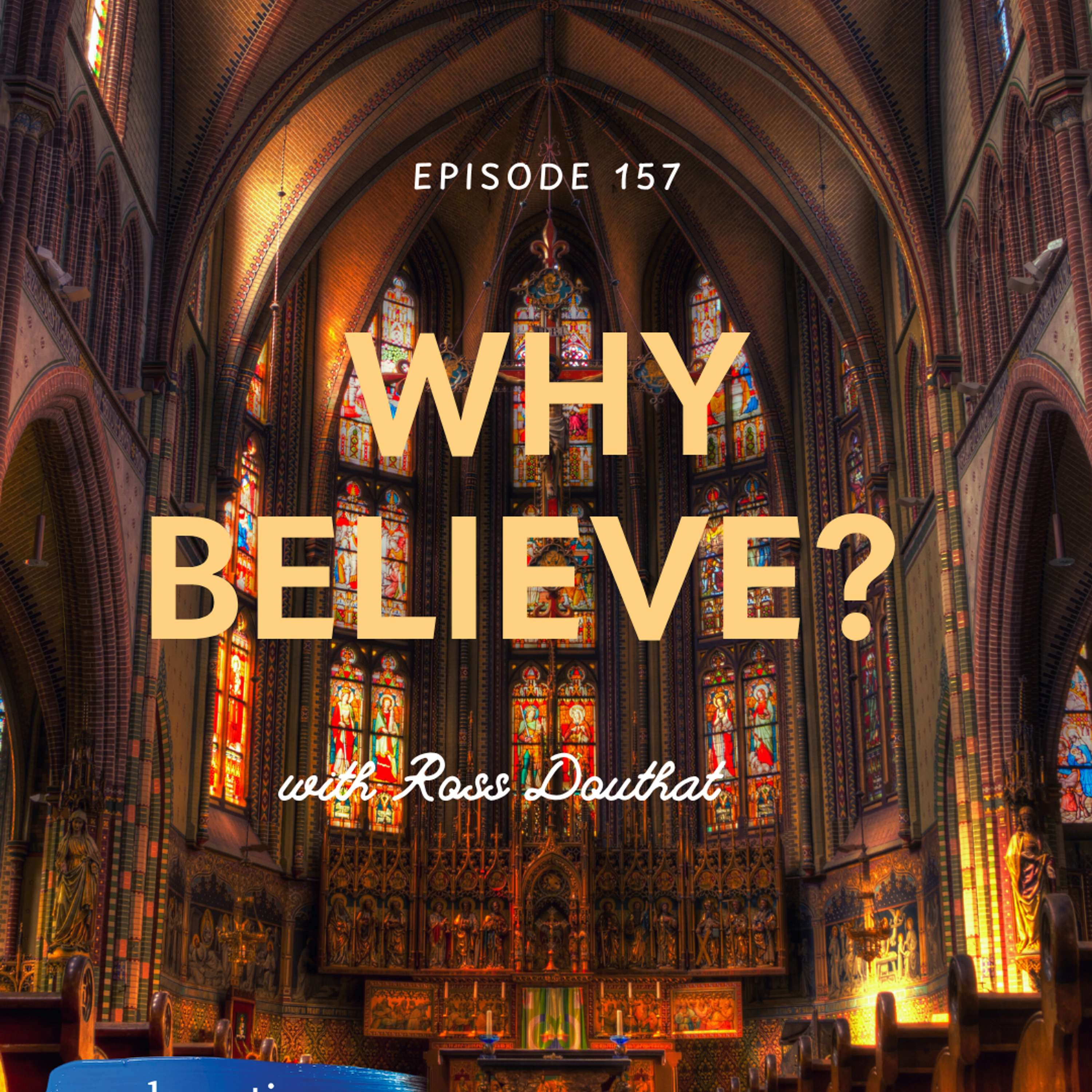
The 18th-century philosopher David Hume famously predicted that, as the world grew more rational and scientific, people would stop having supernatural encounters.
But that’s not what has played out.
We might live in a secular age, but we continue to have seemingly divine experiences.
Lots of people now describe themselves as “spiritual but not religious”, but taking that next step - that leap of faith - into a formal belief system might actually be more rational than not.
(00:00) - - Intro (00:09) - - Modern miracles (05:14) - - Ross Douthat: Column...156. Question Answer XIV
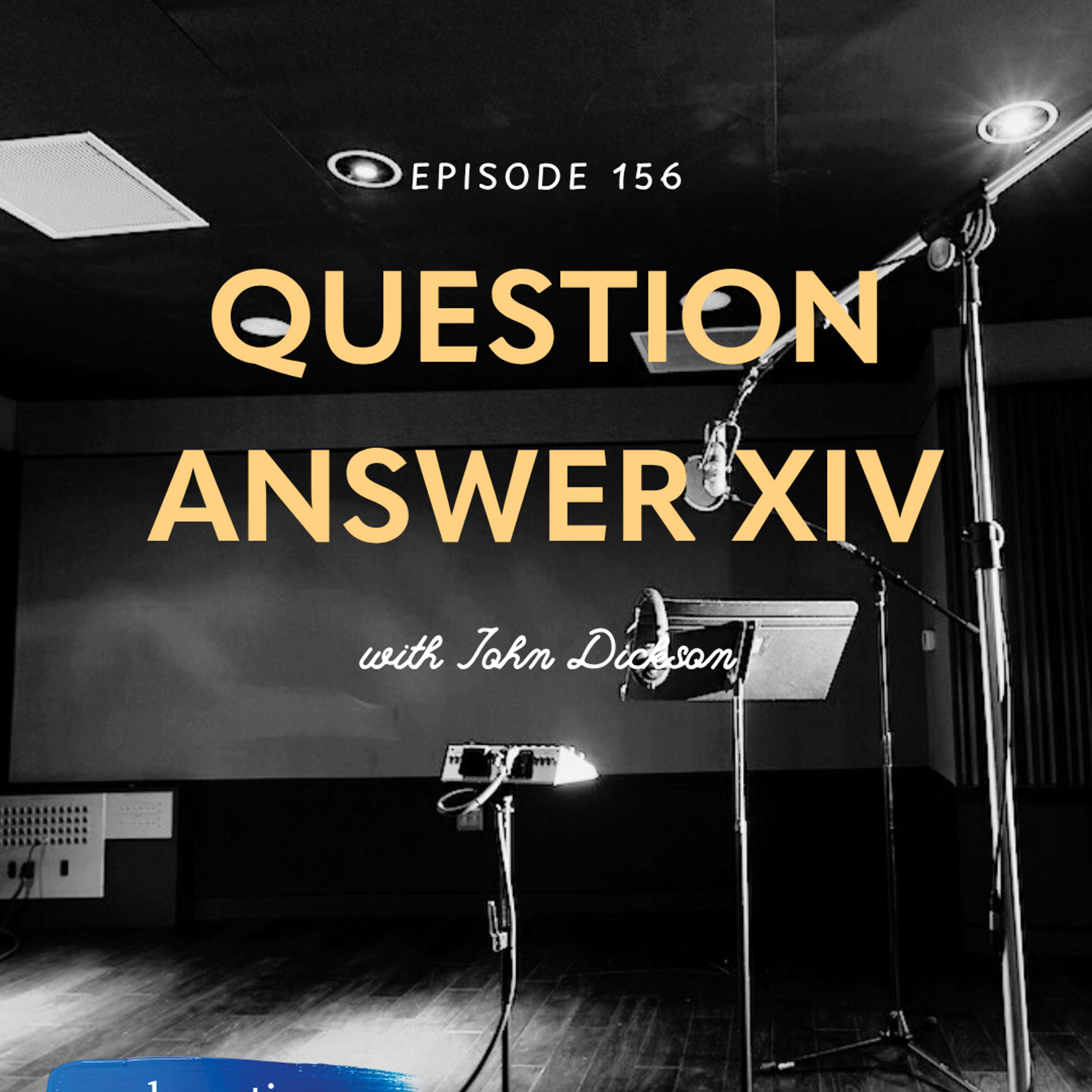
Why does the church meet on a Sunday? How far is too far when it comes to self-defence, biblically speaking? Is it possible that Hell is temporary?
John tackles these questions and more in this, our season XIV Q&A!
155. Good Pope
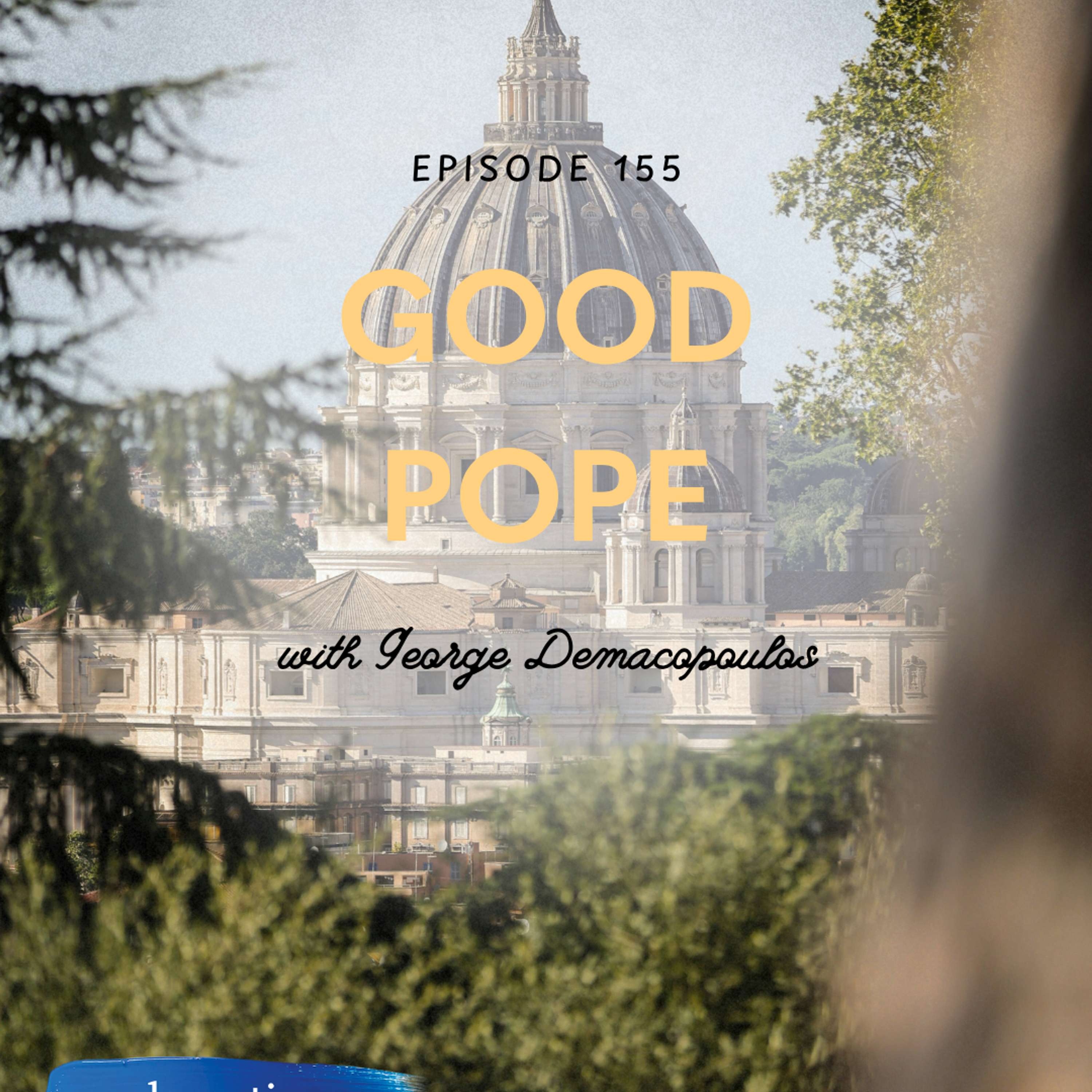
The world’s attention has recently been on the Vatican, and the election of the new Pope Leo XIV.
But what’s the history behind the office of the Bishop of Rome? What makes a good pope?
By looking at the extraordinary career of John Dickson’s favourite pontiff, we attempt to answer those questions.
CREDITS
Undeceptions is hosted by John Dickson, produced by Kaley Payne and directed by Mark Hadley.
Alasdair Belling is a writer-researcher.
Siobhan McGuine...
REWIND: Emotional Intelligence
Some think we might not be too far away from Artificial Intelligence actually having feelings. If it does happen, what will it mean? Might it mean we humans are, in the end, just machines? We look back at that question - and more - in this Undeceptions Rewind!
If you like what you hear, listen to the episode in full: Episode 71 'Emotional Intelligence'.
154. Boy Jesus
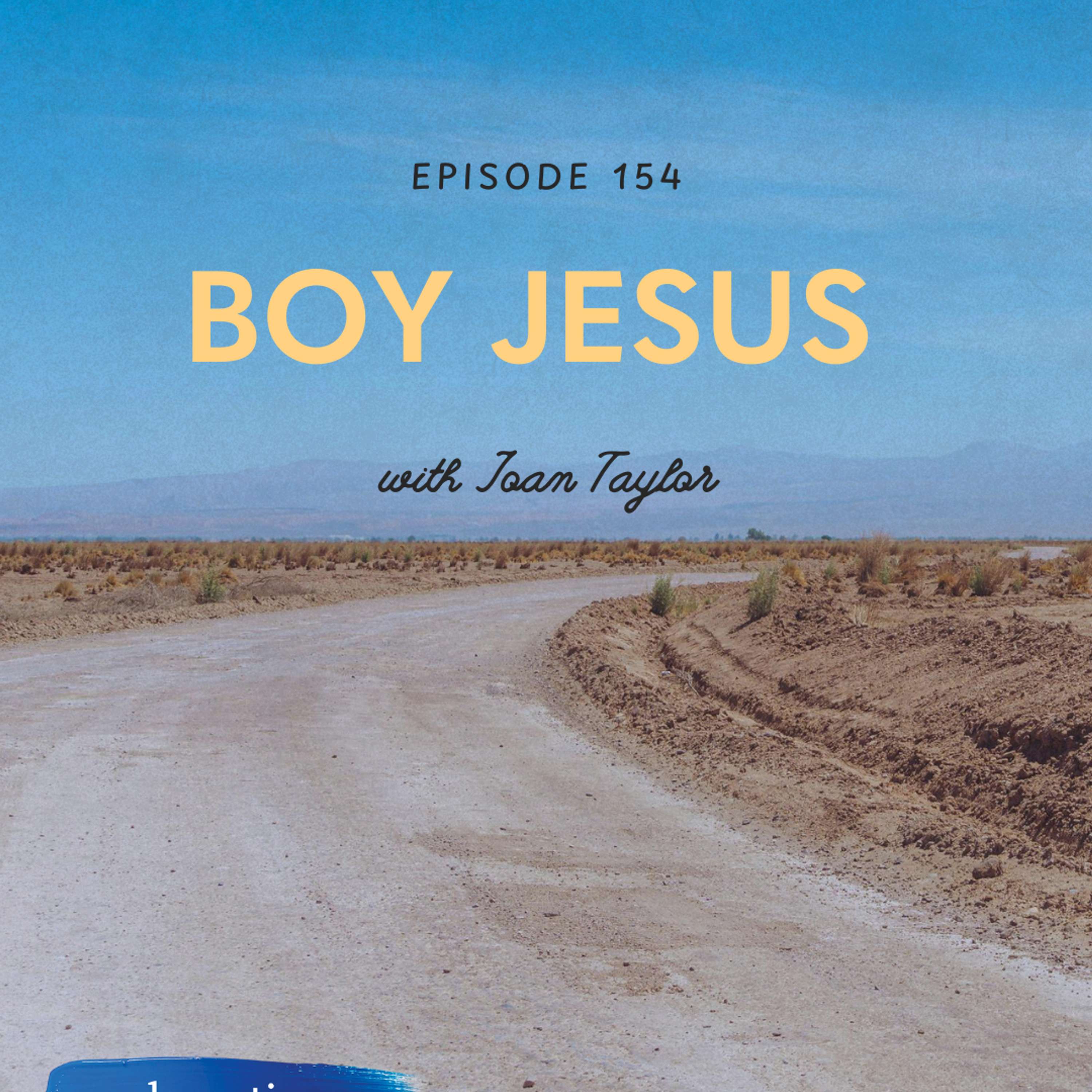
The Gospels tell us about Jesus’ adult life, with scant references to his childhood.
We can catch glimpses of the younger Jesus' life, but there’s so much we don’t know.
But if we move beyond the Bible, we can learn about the world the younger Jesus lived in.
Growing up a refugee, in a land under foreign occupation, and a region full of militia groups, it’s worth asking: How did the turbulent background of the boy Jesus affect His message … and the whole of Christiani...
153. The Chemists
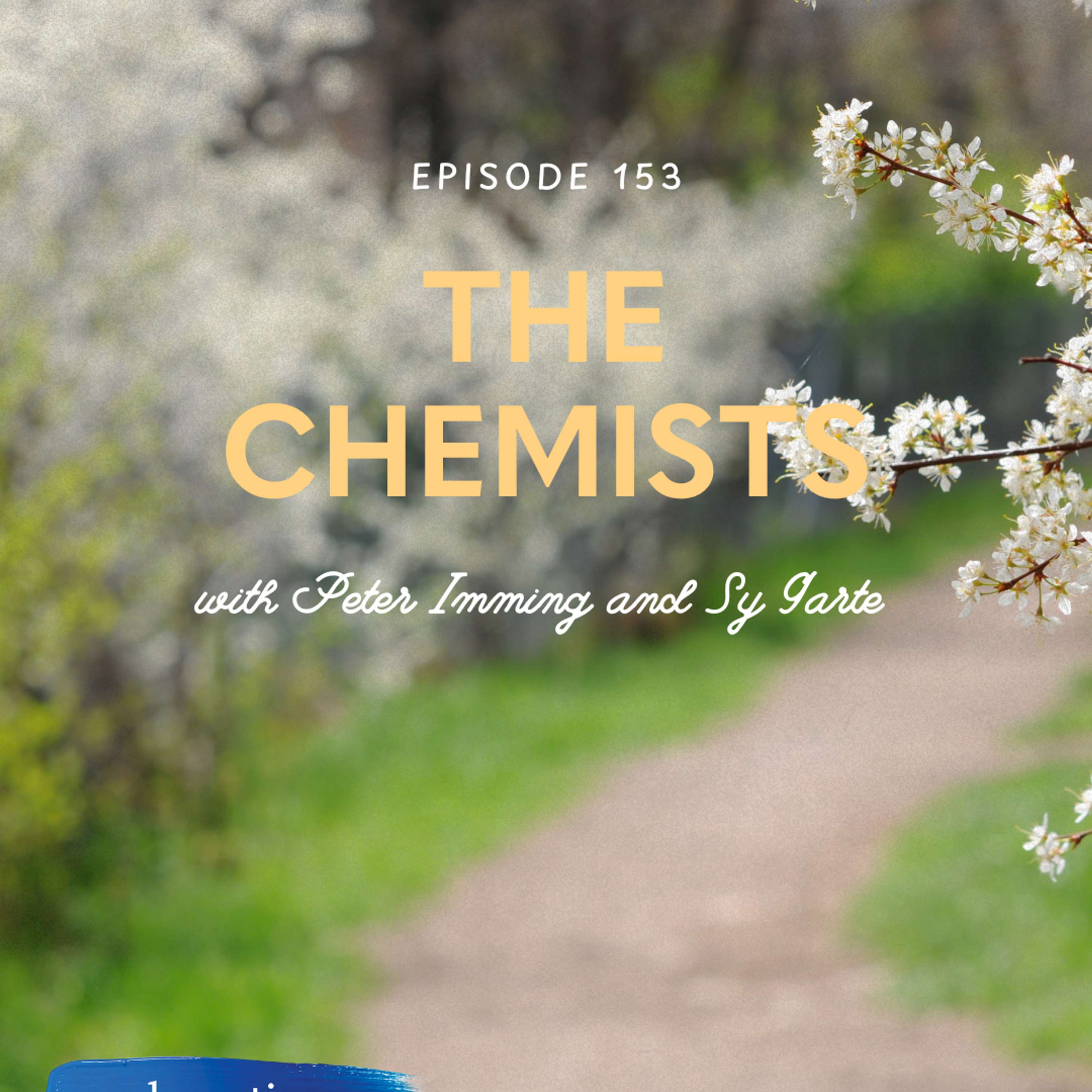
According to the data, chemistry is the scientific discipline with the highest number of ”theists”.
Perhaps it’s not that surprising: Chemistry grew out of alchemy, a mysterious science that attempted to uncover the secrets of nature, with goals some would consider supernatural.
Modern chemists are also working to uncover the secrets of nature.
For some, seeing just how ordered the world is has led them to wonder whether there might be more going on behind the scenes than mere chemistry.
CREDITS
Undeceptions is host...
152. God Laments
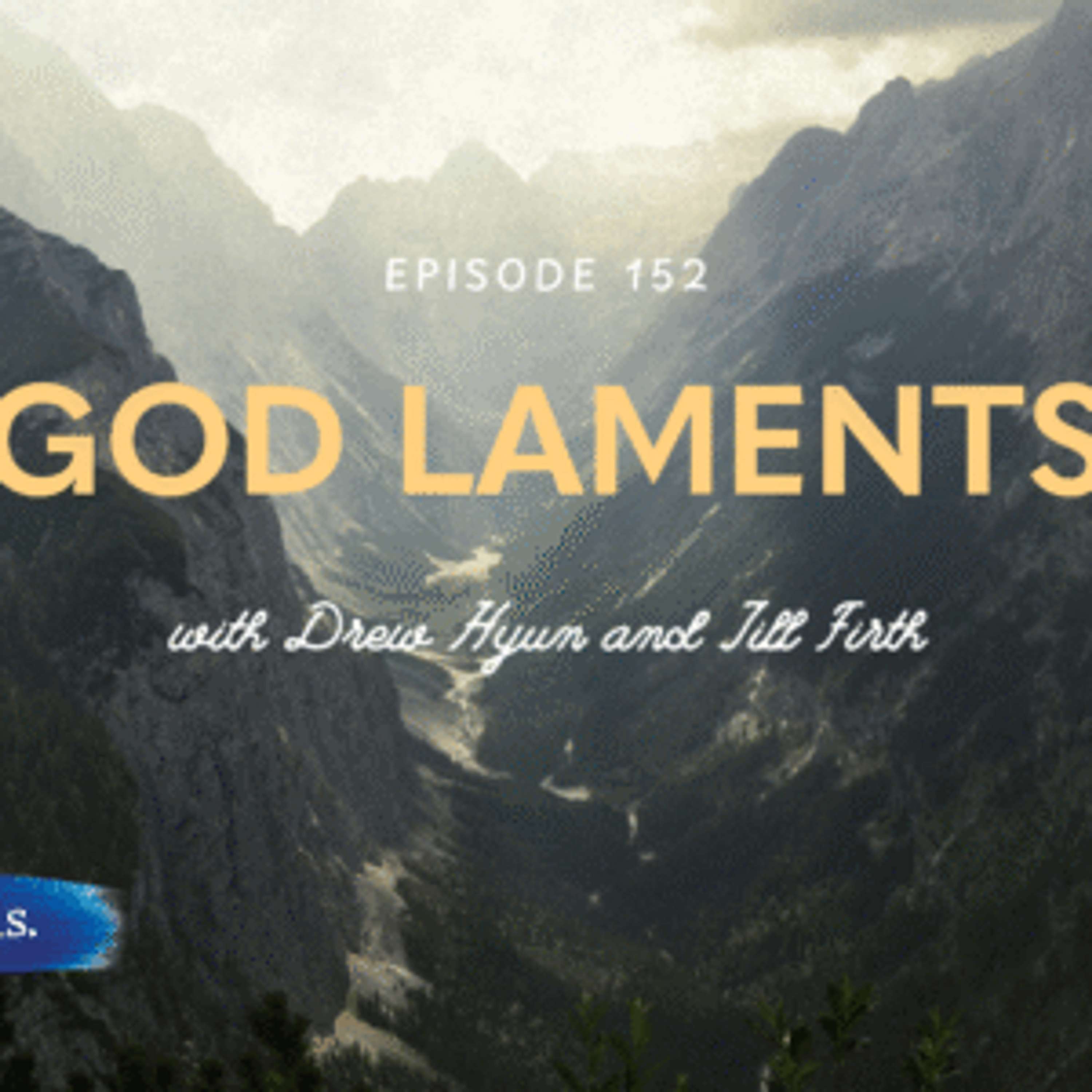
Like it or not, life will let us down. We all face disappointment.
Despite this, people spend their entire lives trying to avoid and outrun disappointment.
But the Bible offers a different solution.
It gives us the tools to feel and express disappointment. Tools to grieve well. Tools to lament.
But it doesn’t stop there.
In the Bible, we also find a God who sits with us in our grief and shares our disappointment.
We find a...
151. Mary Magdalene
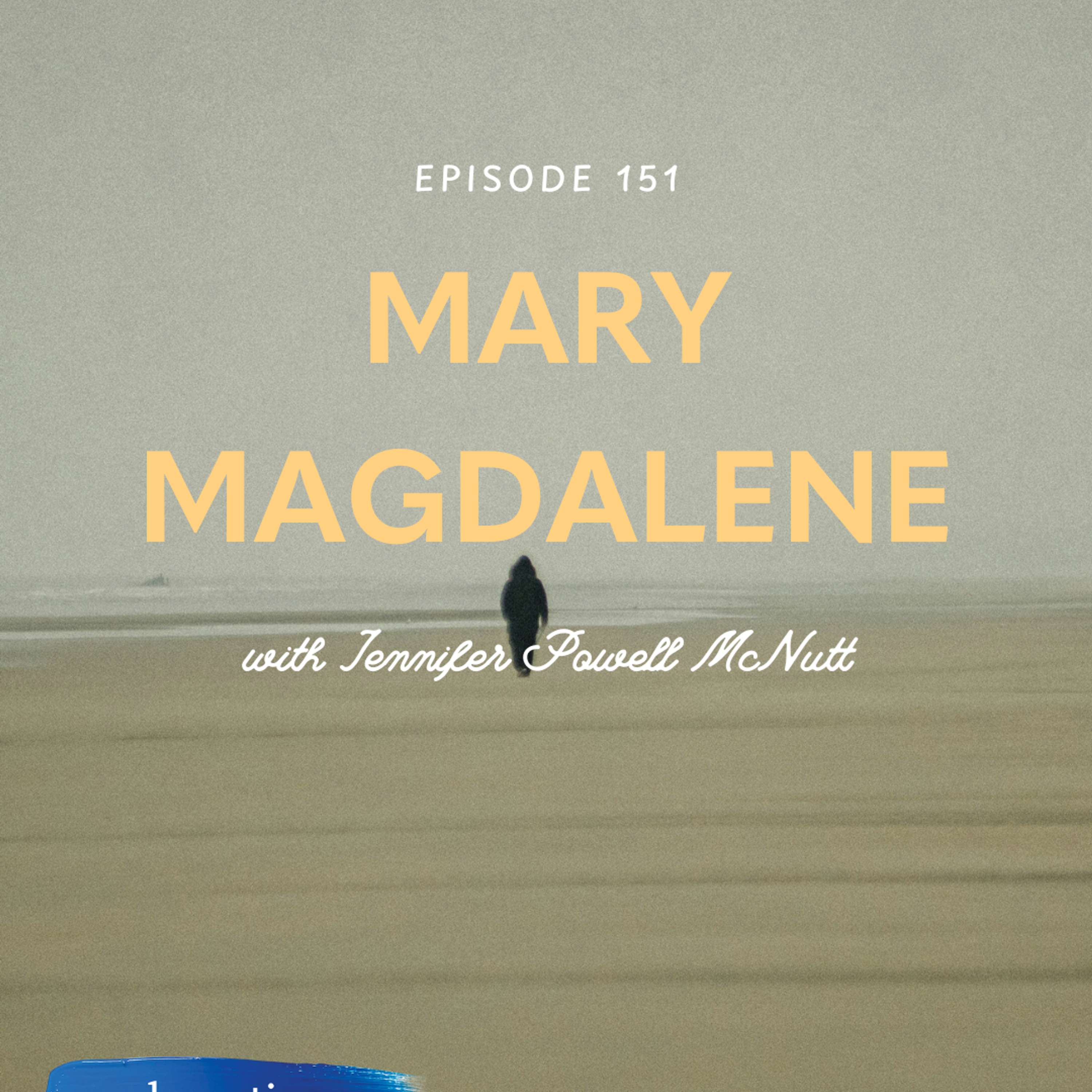
Mary Magdalene has played many roles throughout history.
She’s been a prostitute, a temptation, Jesus’ wife, Jesus’ lover, a cave-dwelling mystic, a devoted follower, a revolutionary, and a penitent.
The supposed sinner-turned-saint comes to us in a multiplicity of earthly, perhaps even scandalous, portraits that surprise and inspire.
So what can we know about this woman for sure?
CREDITS
Undeceptions is hosted by John Dickson, produced by Kaley Payne and directed by Mark Hadley.
Alasdair Belling is a writer-researcher.
150. Jesus' Trials
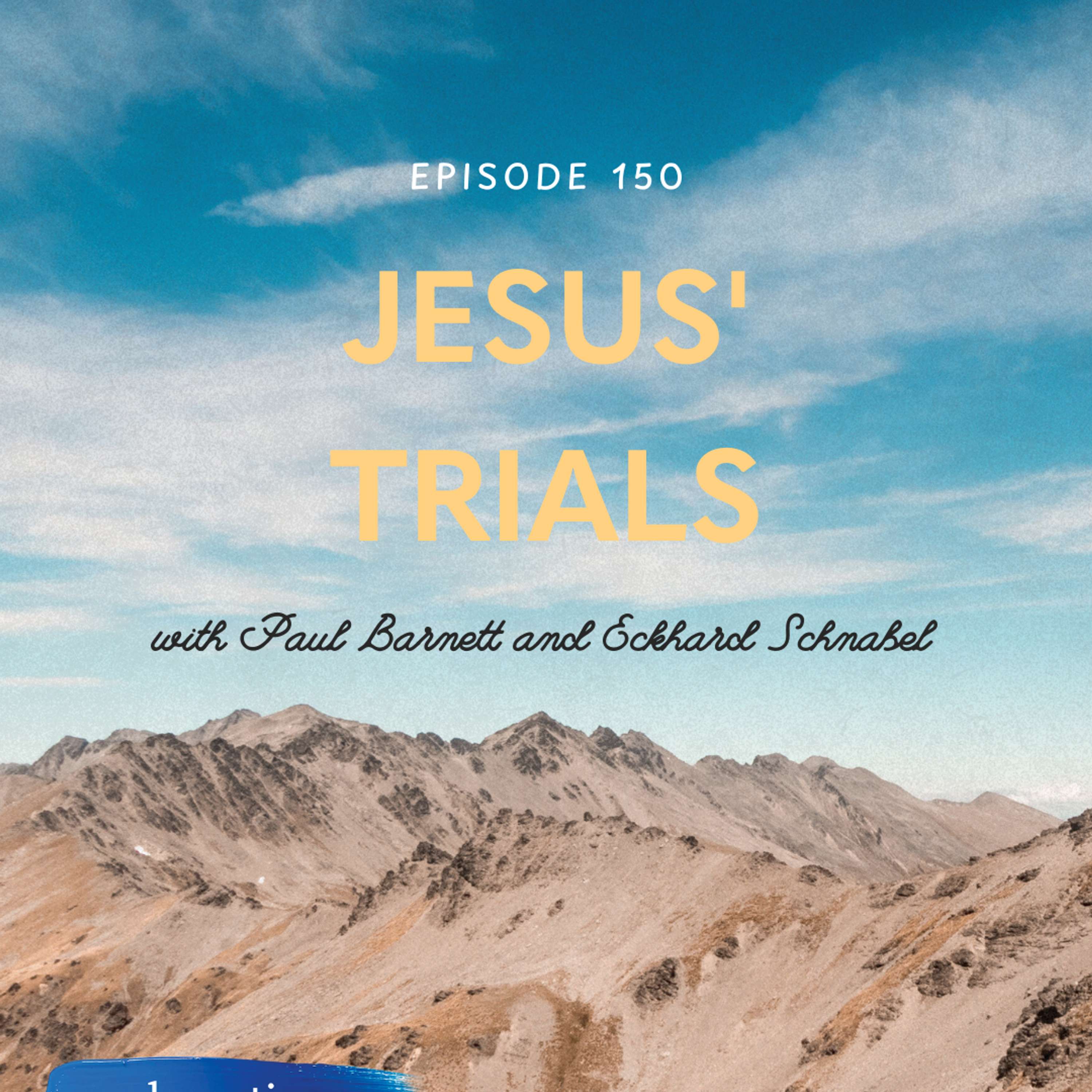
This week, leading up to Easter, we’re looking at the most famous trial of all time: the trial of Jesus. It’s a courtroom drama like no other, and its outcome changed everything.
But what do we actually know about the trial and conviction of Jesus? Was it fair? Was it real?
149. Our Hymn
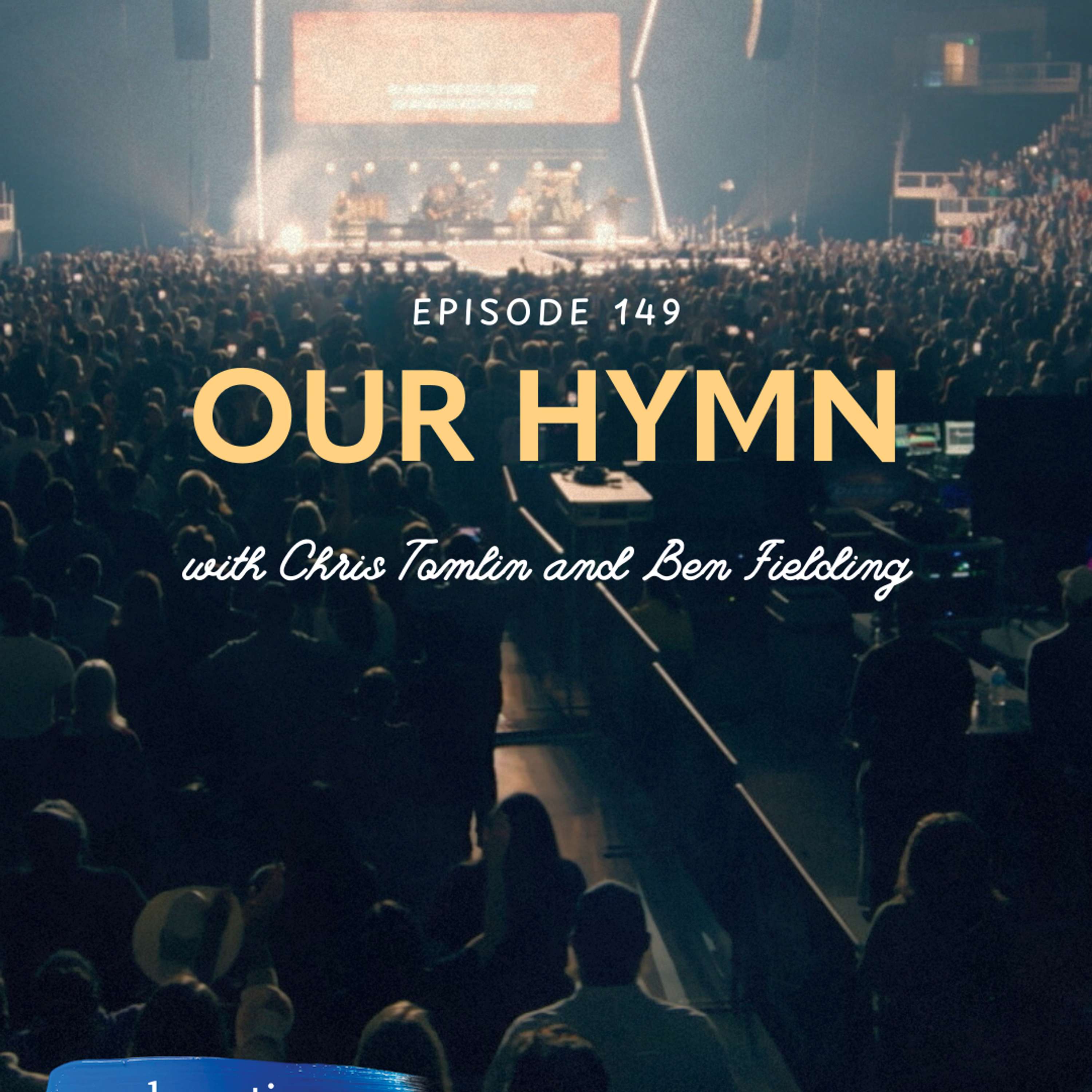
When John Dickson convinced top Christian songwriters Ben Fielding and Chris Tomlin to have a go at transforming an 1800-year-old hymn into a tune for our times, they felt the weight of responsibility.
This is part two of our mini-series on how the song 'The First Hymn' came to life, with a full documentary soon to follow, which will track the hymn's journey from the deserts of Egypt to the middle of a sold-out stadium arena in the heart of America in the 21st century.
This episode takes you behind the scenes: how Ben Fielding...
148. The Anthropologists
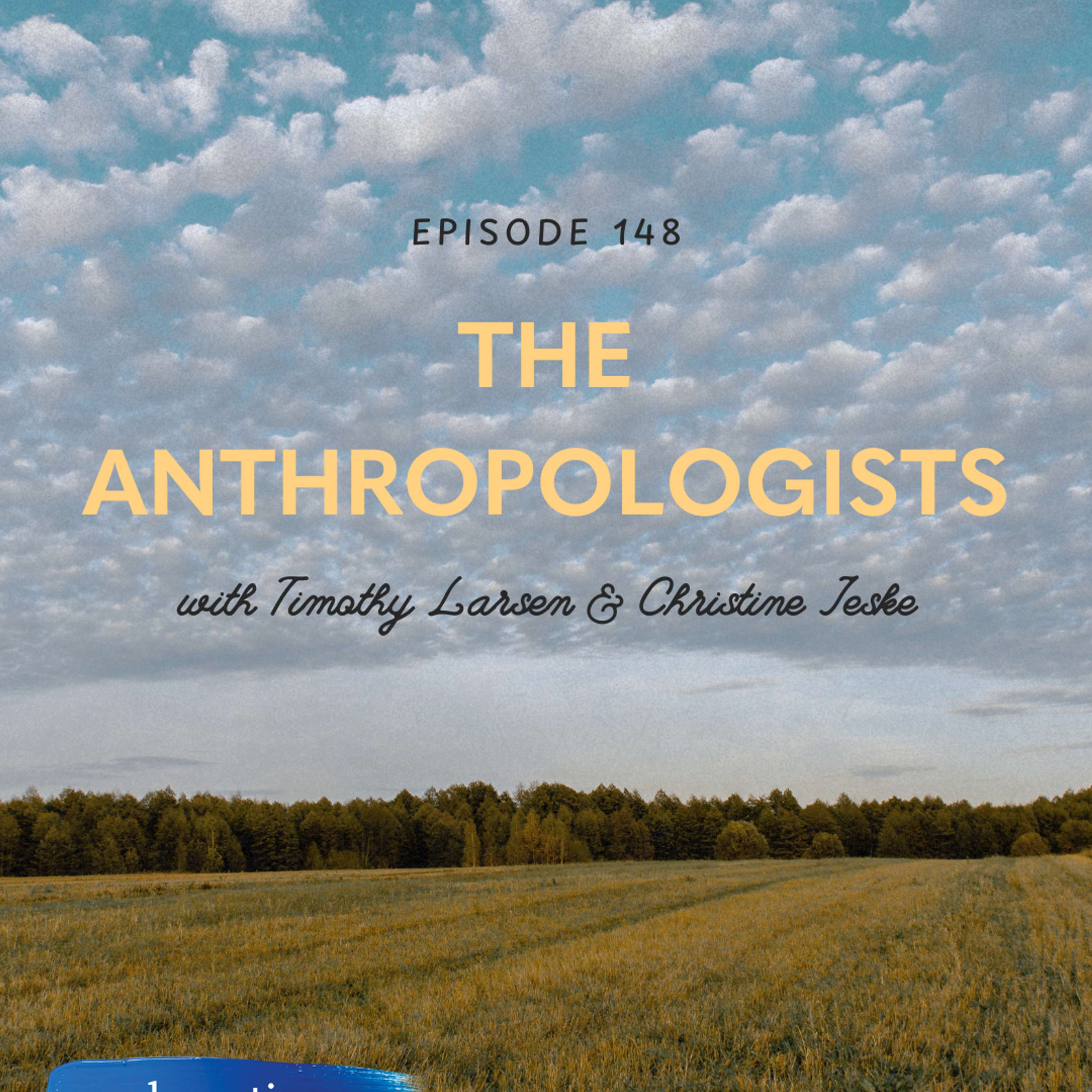
Welcome to season XIV of Undeceptions!
Anthropology has a reputation for being the most “godless” of all the sciences.
The so-called Father of Anthropology, Sir Edward Burnett Tylor, abandoned his faith as an anthropologist, declaring religion was “animalistic”.
But religion hasn’t gone away - and many anthropologists are now realising there might be something to belief after all …
(00:00) - - Coffee and anthropology (09:08) - - What is anthropology? (14:25) - - Edward Tylor, the 'Father of Anthropology' (19:28) - - Why is anthropology so godless? (21:25) - - James Frazer (34:58) - - E.E. Evans Pri...REWIND: Jesus Philosopher
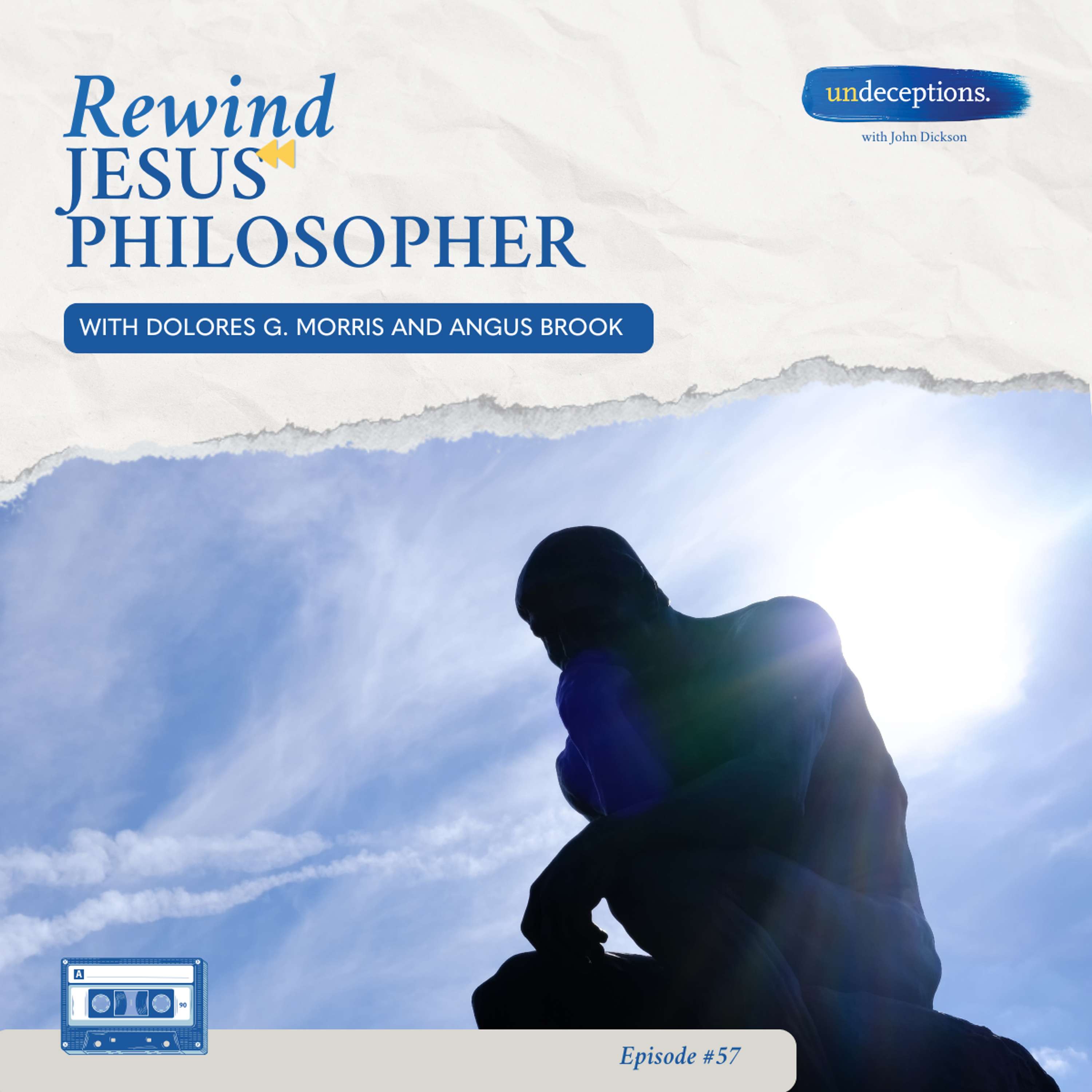
The cliche: ‘faith’ is the antithesis of knowledge, of wisdom and therefore “Christian philosophy” is an oxymoron, right? For this Undeceptions rewind, we speak to two Christian philosophers who explain why that’s not the case. Available now, wherever you get your podcasts.
If you like what you hear, listen to the episode in full: Episode 57 'Jesus Philosopher'.
REWIND: Danger - Proselytising
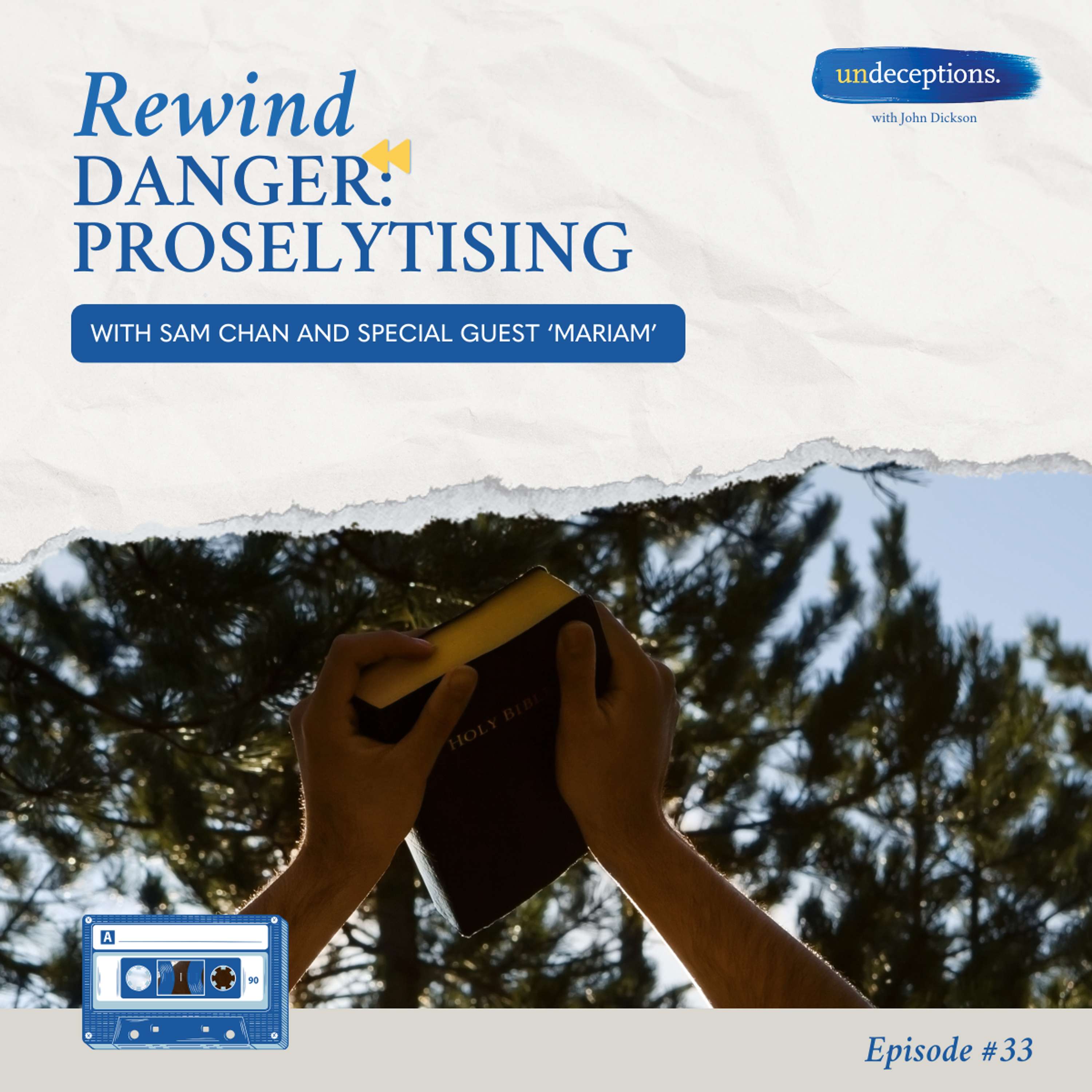
Why are Christians such god-botherers? Is it possible to share your belief system with someone who doesn’t accept it without being a jerk? In this Undeceptions rewind, we revisit a conversation about why Christians are so committed to sharing their faith with others - and why, if done right, it can be life changing.
If you like what you hear, listen to the episode in full: Episode 33 'Danger: Proselytising'.
Introducing Small Wonders season 4

Words can change lives – whether on paper, on screen, or spoken down a phone line.
A library has an abundance of words – and an abundance of opportunities to change a life.
After a long break, Laurel Moffatt returns with season 4 of Small Wonders!
Undeceptions is pleased to introduce our listeners to this podcast in our network. Each episode of Small Wonders offers a brief but piercing look into a topic. The clarity the desert brings. Hurricanes and hard relationships. Finding reason in the middle of a ruin.
These quiet but prof...
147. On Hell
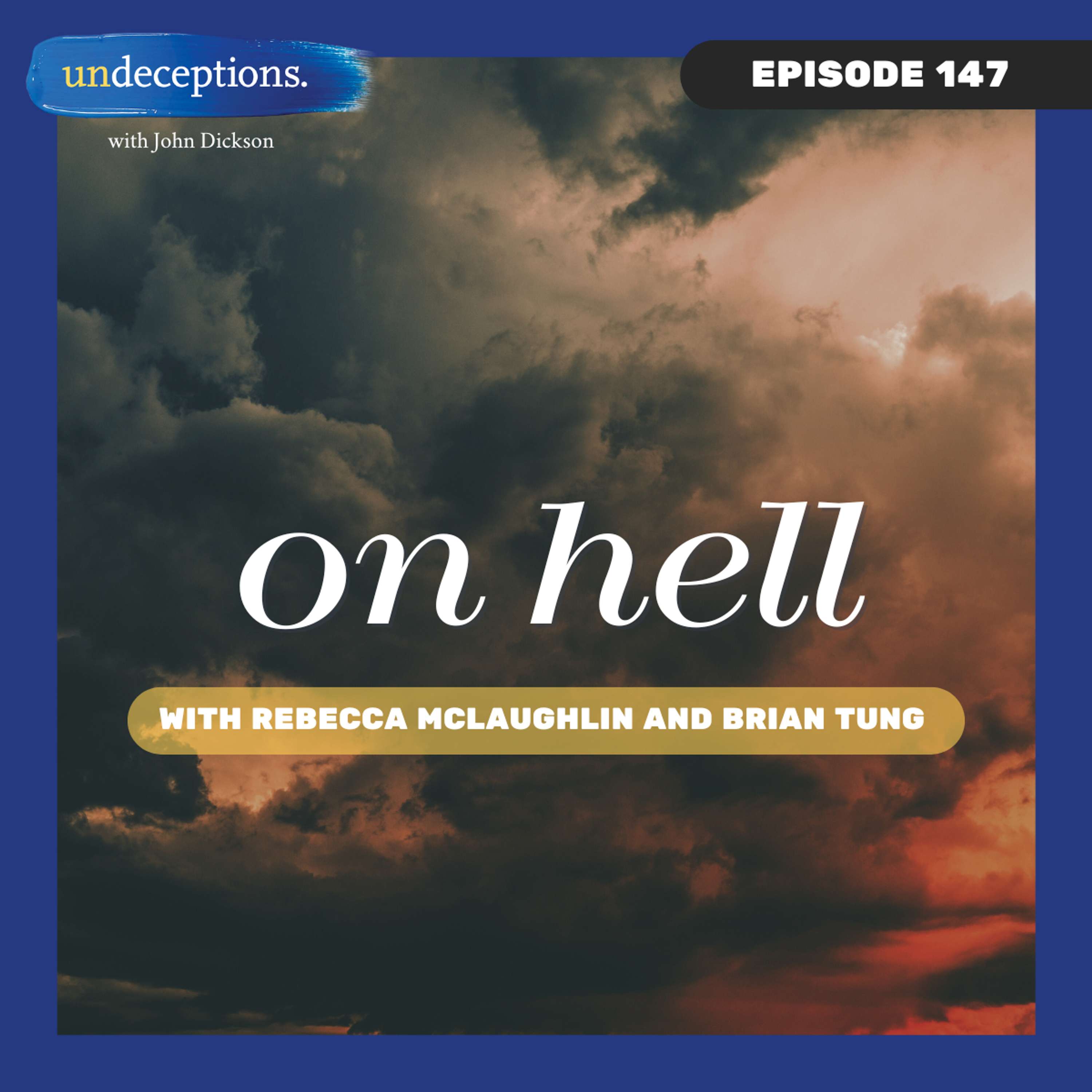
Hell is one of the most difficult parts of Christian belief - but of all the characters in the Bible, no one comes close to using the word "Hell" as much as Jesus does.
So, what did he mean, how is it plausible, and what does it matter?
REWIND: Kingdom Come
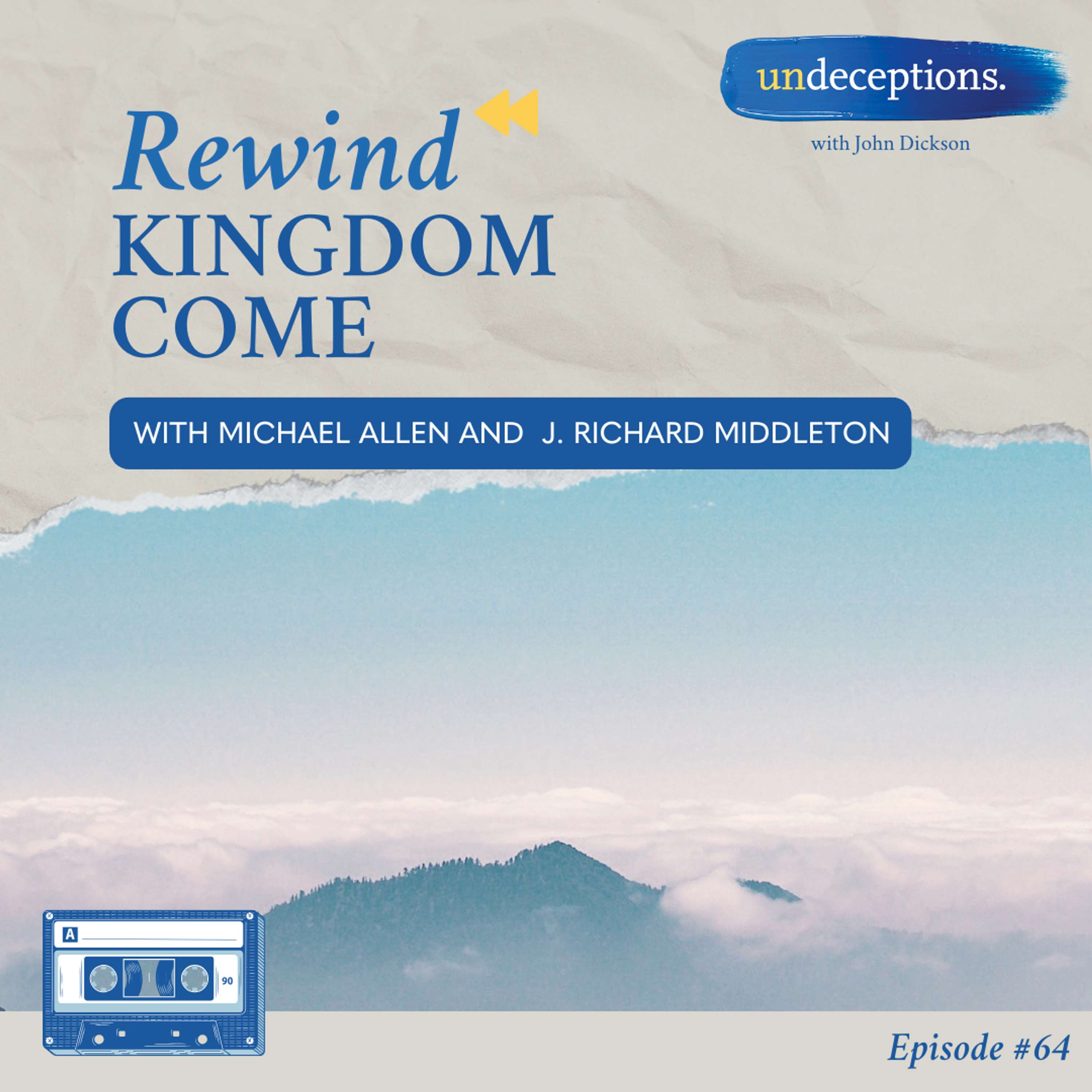
As we gear up for a special episode on the difficult topic of Hell, we first bring you this Undeceptions Rewind looking at what the Bible says about Heaven. This rewind is from episode 64 'Kingdom Come'
146. Question Answer XIII
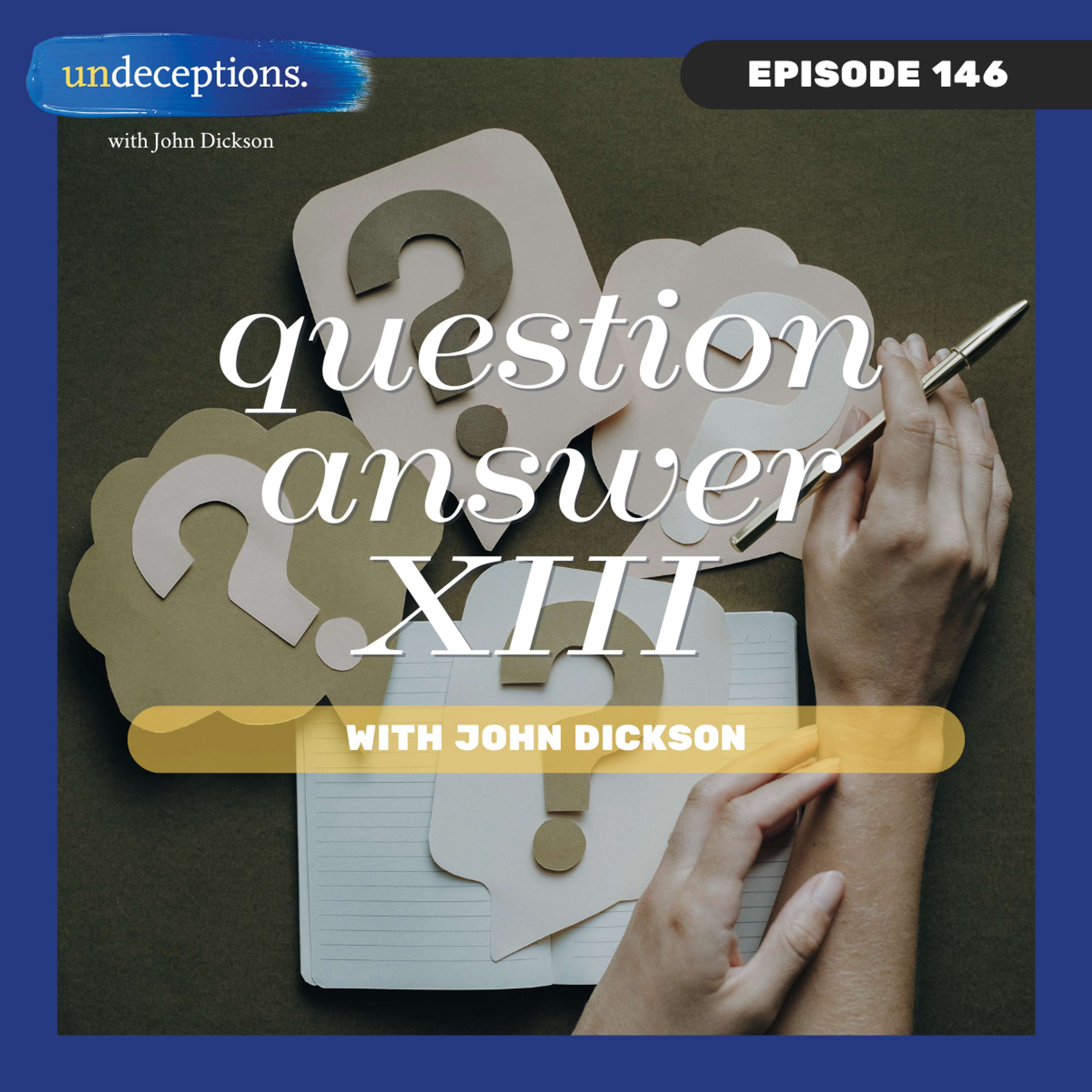
Is Christianity an offshoot of an ancient fertility cult? Why do the Gospels only talk about Jesus' genealogy in connection to Joseph? Is there a place for Christian patriotism?
John answers all these and more in our Season XIII Q&A!
(00:00) - - Intro (04:16) - - Missionaries (12:02) - - Anglicanism (16:06) - - Resurrection science (25:25) - - Intellectuals who don't convert (31:24) - - Jesus' genealogies (35:22) - - Christian fertility cult (43:09) - - Biblical patriotism (52:41) - - Just war145. Second Act
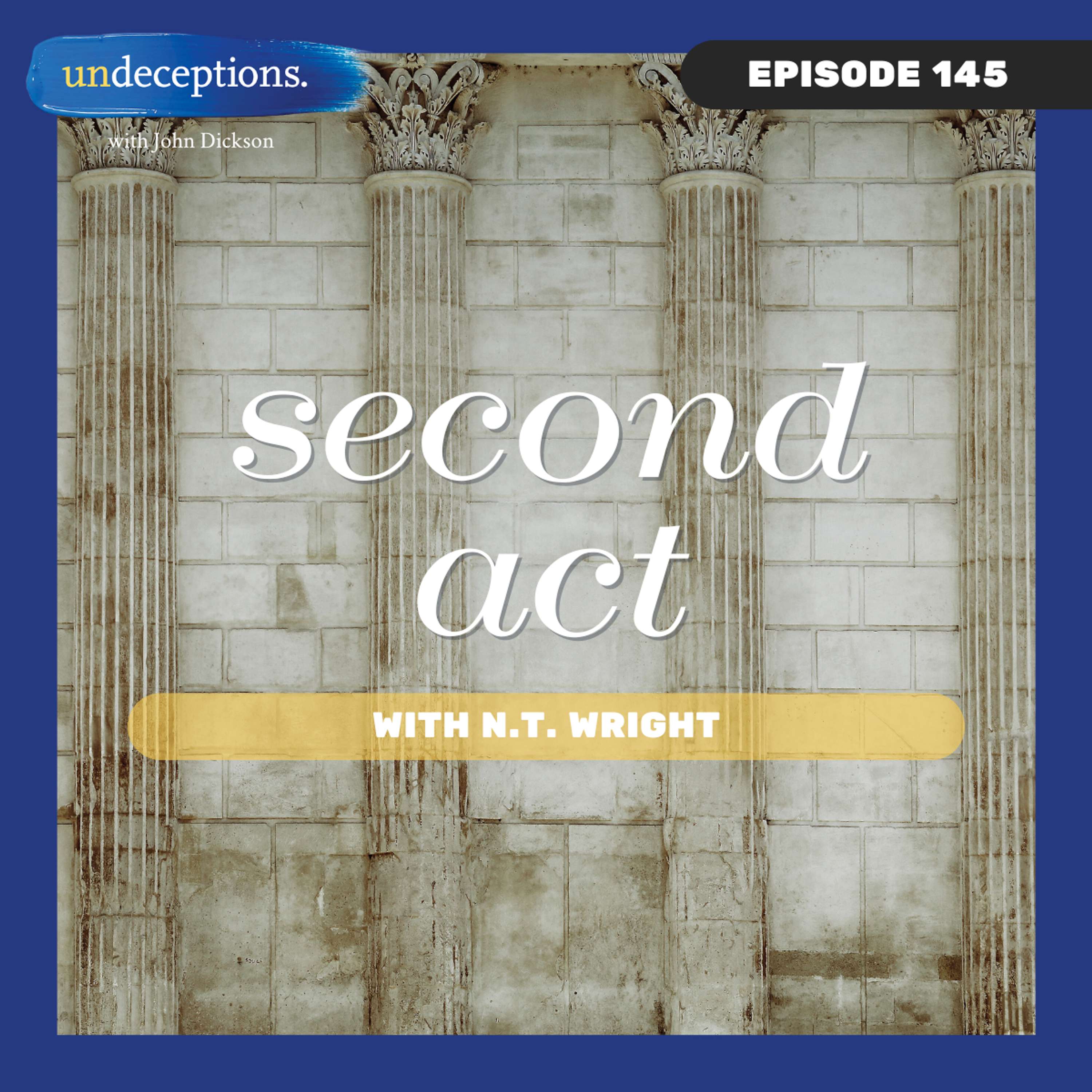
The Acts of the Apostles is the epic sequel to Luke's Gospel.
It follows the dramatic events immediately after the resurrection of Jesus, and follows how the first Christians - led by perhaps the most unlikely person - took the news of the Messiah to the edges of the Roman Empire - and beyond.
(00:10) - - A Biblical sequel (04:50) - - The genre of Acts (10:33) - - Luke (21:36) - - Gallio (27:28) - - A Roman World (33:17) - - The first evangelists (37:44) - - Acts 17 (48:14) - - Five Minute Jesus (50:47) - - The true myth (58:58...144. Into Wine

If we’re talking only about liquids you drink—because the water in the Bible is washed in, crossed over, and even walked on once—wine is no.1.
Wine appears more than 200 times in the Bible. And almost all of them are positive references—not critiques.
Christianity has a long, rich history with wine. But oftentimes, we’ve made it much more complicated and, at times, harmful.
(00:00) - Chapter 1 (02:36) - - Wine in the Bible (04:52) - - Meeting Gisela (09:16) - - Different drinking cultures (13:32) - - Alcohol in America (17:54) - - Wine in the Old...143. Virgin Mary
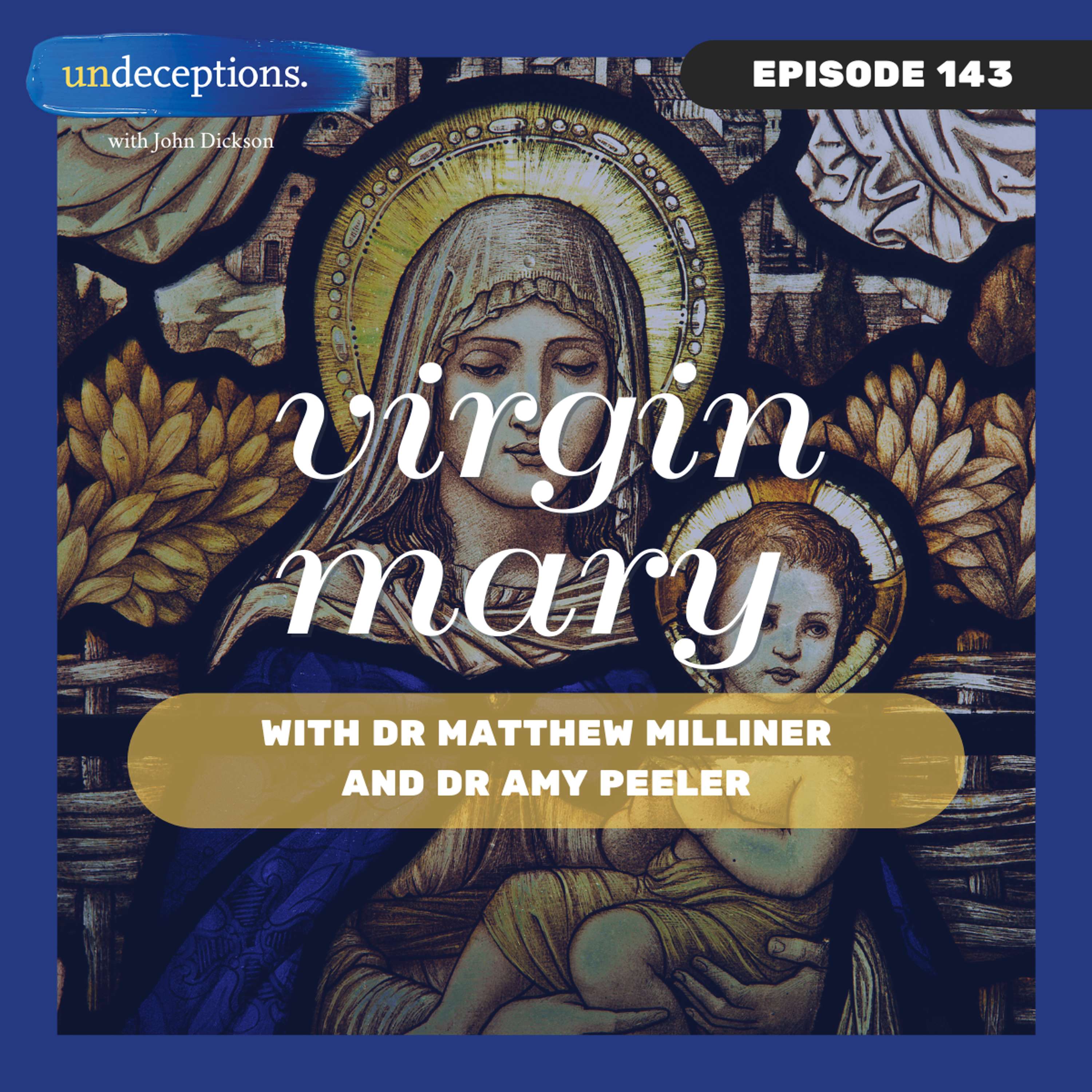
There's just something about the Virgin Mary.
She stirs up big feelings - she has for millennia.
Some have perhaps given her more prominence than she would feel comfortable with.
Others have hacked down her statues in reforming zeal.
Others never think about her, except when they come across a nativity scene in a shopping mall (and even that’s becoming a rarity).
So, it’s time we met Mary properly this Christmas.
(06:10) - - Mary in the New Testament (08:50) - - Daily life for Mary (13:46) - - The...142. First Hymn
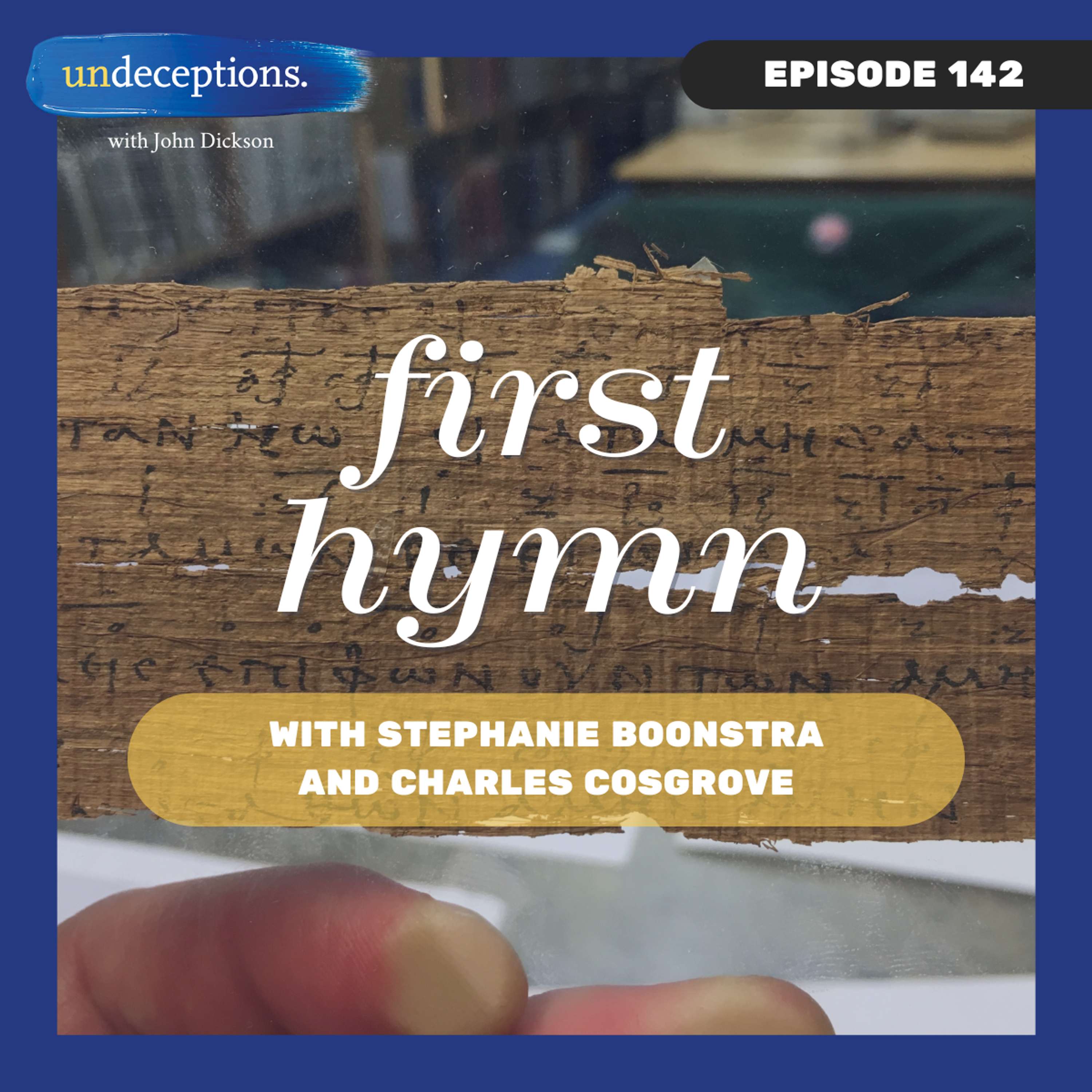
In the 3rd century, in the Ancient Egyptian city of Oxyrhynchus, a group of Christians composed a song of praise set to the pagan music of the time.
Now, 1800 years later, John Dickson is working with two of the world's best songwriters to bring this lost song - this First Hymn - back to life.
Along the way, they make some incredible discoveries about early church music, shedding light on what the earliest Christians believed.
This is the first in a three-part podcast series on The First Hymn Project - taking its name fro...
141. Bible Genres
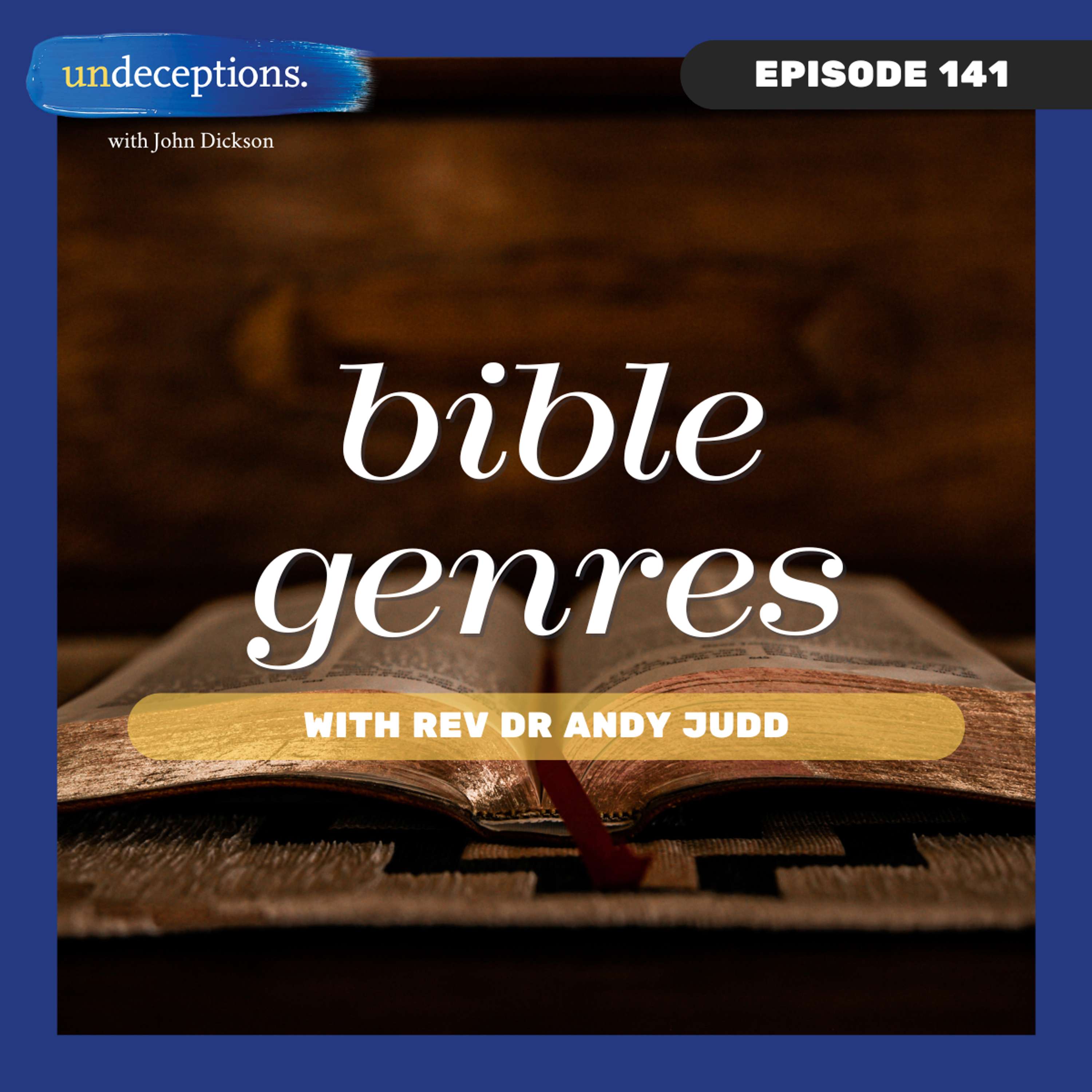
With 66 different books composed across literally thousands of years, it's fair to say the Bible is a complex read. But it doesn't have to be. The key to understanding the Bible is understanding the different literary genres.
140. Disenchanted Age
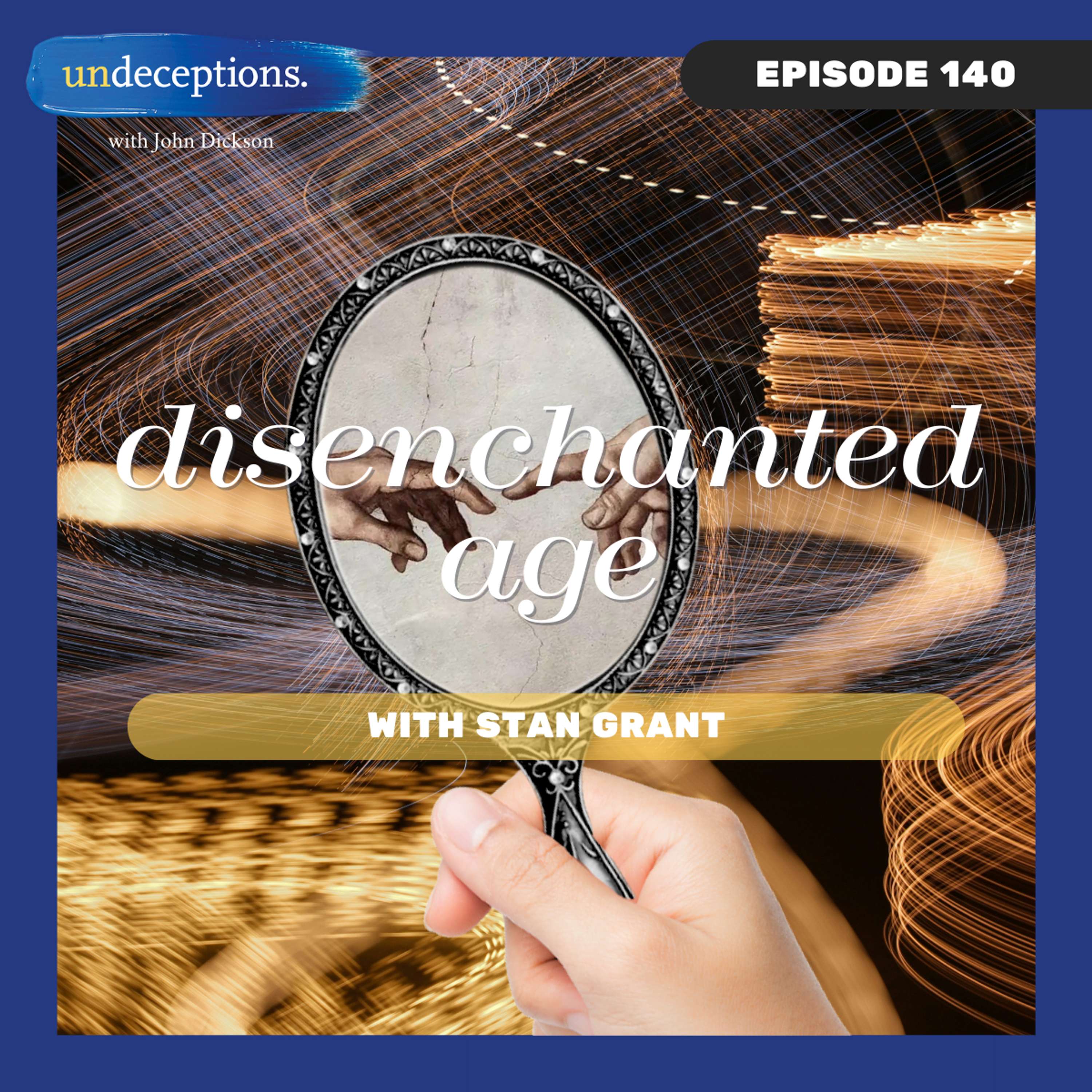
The great project of the Enlightenment was to bring reason to the forefront.
No more would humans be held back by superstitions: the power of the mind was all that was needed for advancement.
Three centuries on though, and some people are beginning to think the pendulum has swung too far.
Celebrated journalist and public intellectual Stan Grant joined John onstage in Sydney for a live recording of Undeceptions to discuss this new disenchanted age.
(02:19) - - Introduction: Everything we wished for is here, and that's a problem (07:55) - - St...139. Dietrich Bonhoeffer
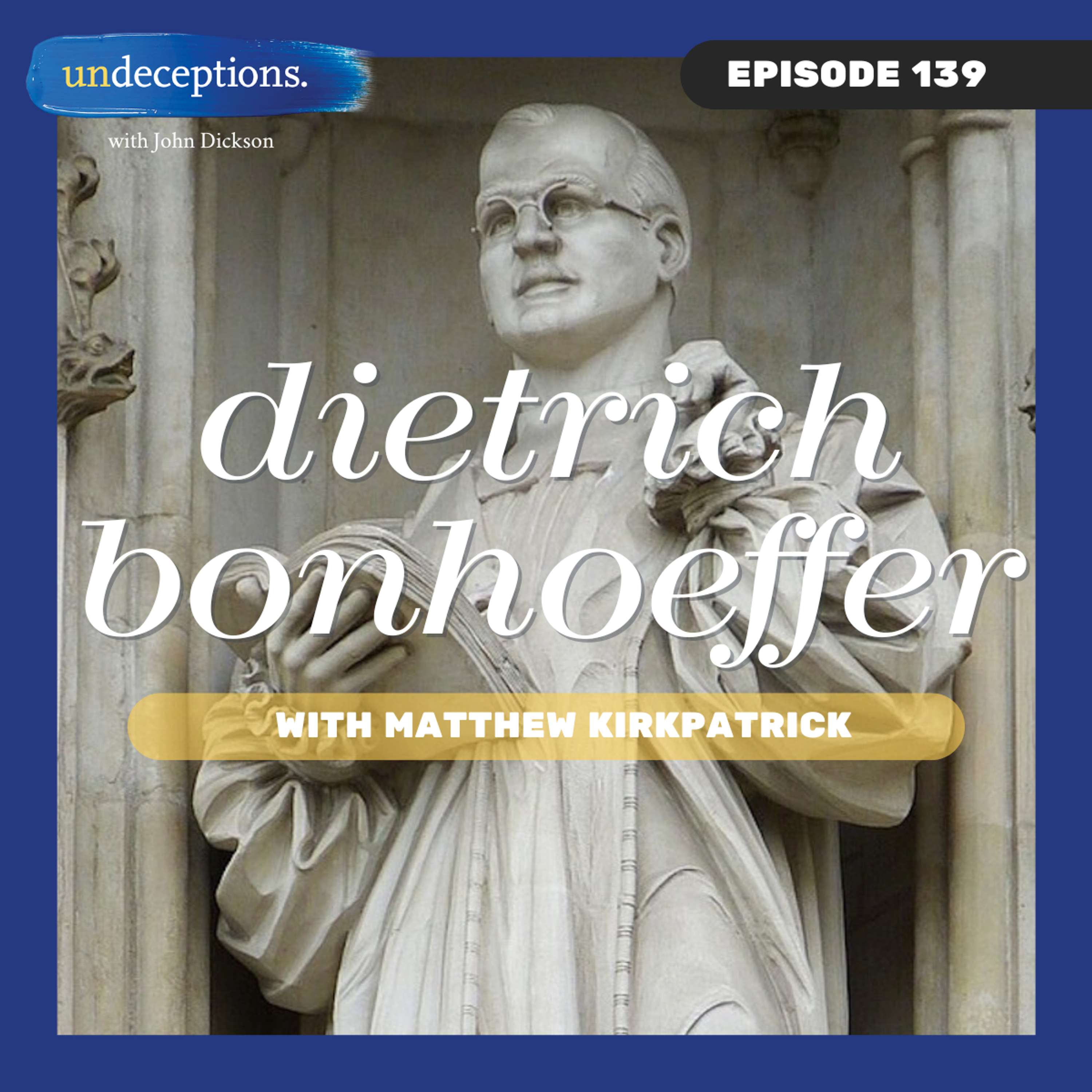
A new movie has been released this week about Dietrich Bonhoeffer, the German pastor who was killed by the Nazis for his involvement in a plot to kill Hitler.
Bonhoeffer's fame has ballooned into a kind of mythology that has seen people of all stripes "claim" him as their own. But our guest for this episode says that if we only think of him as a “hero” for our cause, we may miss important pieces of Bonhoeffer’s complex life and thinking.
So, who was Dietrich Bonhoeffer and why does he still matter?
(04:47...SINGLE: Environmental Jesus

Sam Allberry was involved in environmental activism when he became a Christian - a development that his activist friends saw as bad news.
After all, why would a follower of a religion that looks forward to the coming of a new Earth be concerned with the state of the current world?
For Sam though, becoming a Christian led him to a very different conclusion.
SINGLE: 39 Books

The Old Testament is sacred not just to the Christian but also to the Jewish religion. Its 39 books cover thousands of years with an array of literary genres including poetry, history, creation myth, apocalyptic, and song.
It can be confusing and overwhelming - but luckily, John happens to work in the same building as a leading expert on it all who gives us a quick rundown in this special Single.
REWIND: Global Christianity
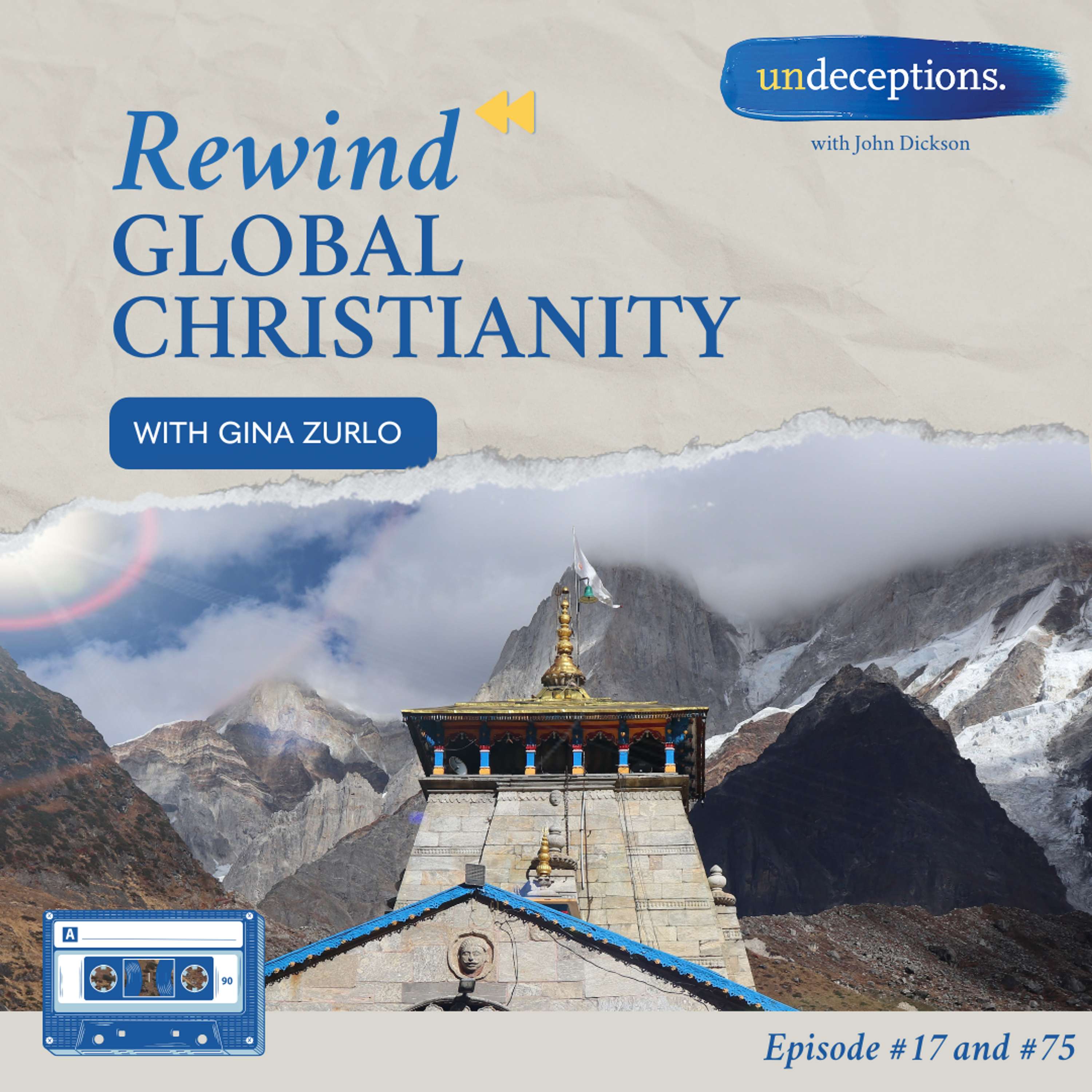
The 21st century has seen—and will continue to see—the rise of Christianity in the ‘Global South’, with surging conversion numbers in Asia and Africa. That’s according to Gina Zurlo, a leading authority on Christian demographics, and our guest on episode 75, ‘Global Christianity’. According to Gina, while the Western world is grappling with secularism, a new spiritual awakening of sorts is taking hold in the world’s two most populous nations, China and India.
This is our next Undeceptions Rewind, where we resurface some of the best bits of our older episodes that might have been mostly forgo...
REWIND: Christian Revolution
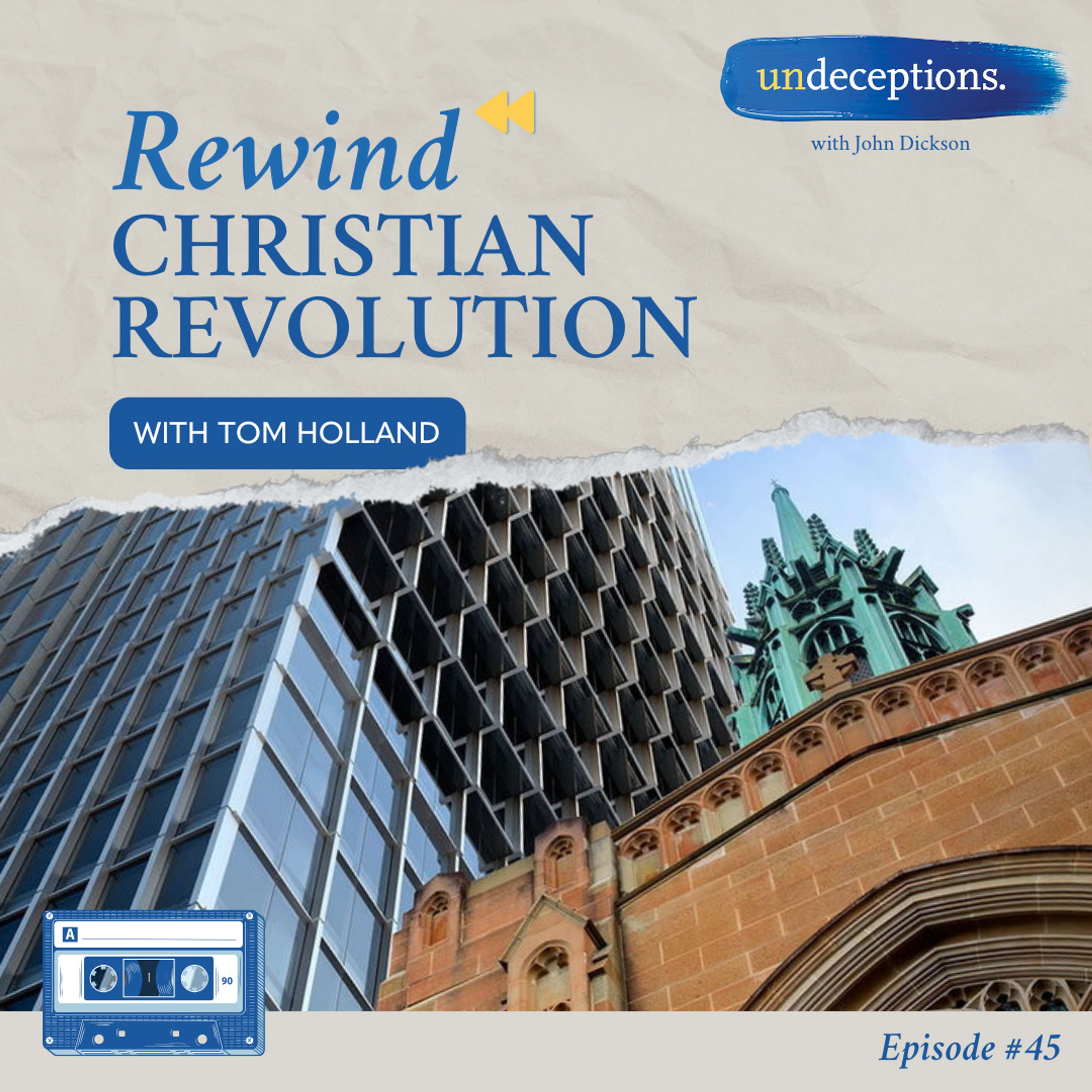
We interviewed Tom Holland, historian and co-host of the extraordinarily popular podcast The Rest is History, back in 2021 for episode 45, Christian Revolution.
At the time Tom wouldn’t have called himself a Christian (and we won't speak for him now), but he was adamant that not only is Christianity good, but our very sense of what good is comes from Christianity.
Check out our first Undeceptions Rewind, where we resurface some of the best bits of our older episodes that might have been mostly forgotten (but hopefully not misunderstood!)
138. Van Gogh
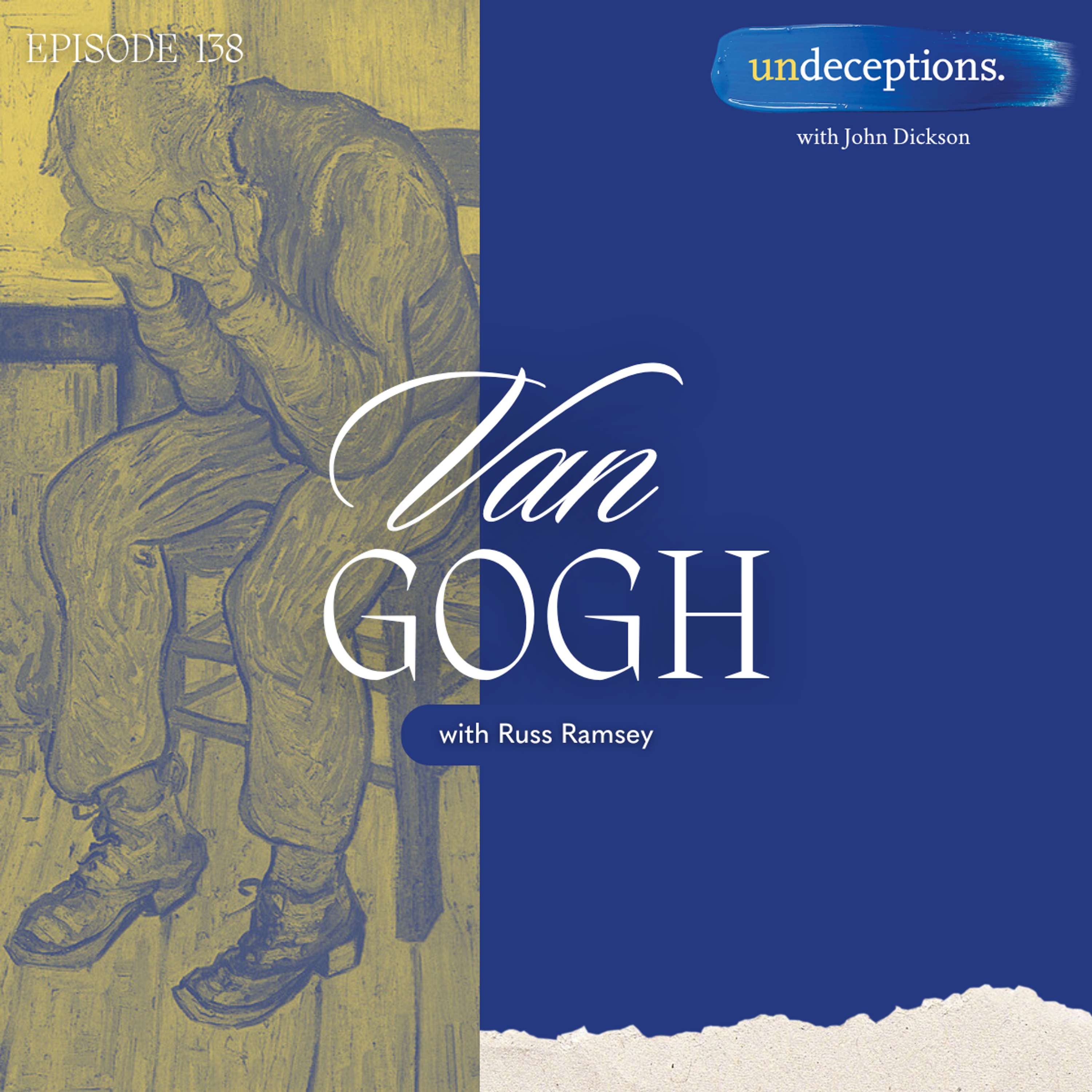
Artists have used their tools not just to capture beauty and transcendence, but also the essence of what it means to be human.
In this episode, we learn from history's greatest artists about loss, hope, the ugly, and the sublime.
What lessons can we take from these broken artists? What might their observations about the world tell us about God?
(04:39) - - Creations and experiences (12:55) - - Albert Bierstadat (16:09) - - Artemisia Gentileschi (23:04) - - Vincent Van Gogh (33:19) - - The Yellow House and the Ear episode (41:37) - - Van Gogh and f...137. Bible Unlocked
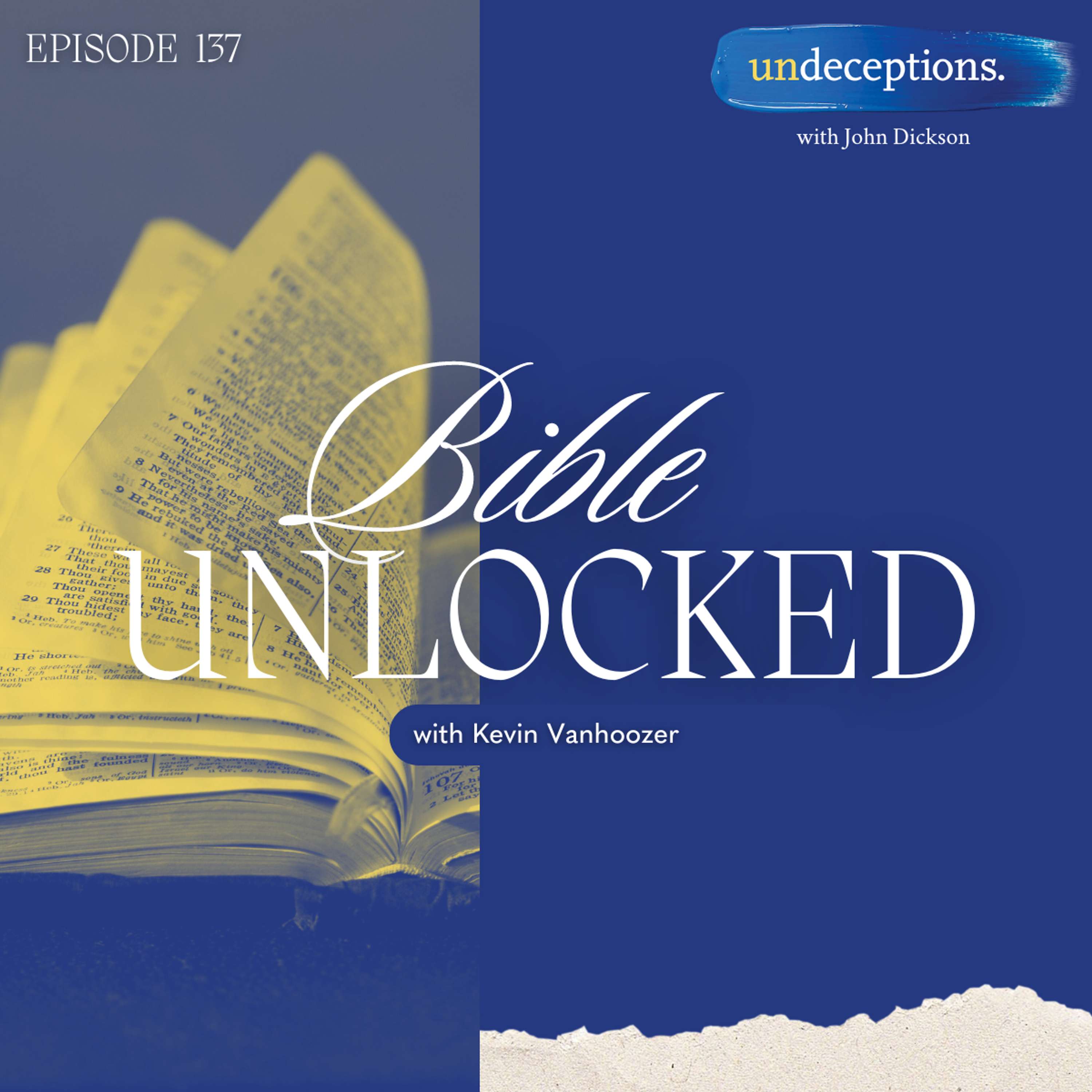
Is there a "right" way to read The Bible?
Millennia of Ink has been split trying to answer that question.
Surely if The Bible is God's word it should be easier to understand, right?
Well, some experts think there is a right way to read scripture. What we need is a key to unlock The Bible for us.
(00:48) - - The Rossetta Stone (05:02) - - Reading theologically (07:43) - - What are hermeneutics? (13:28) - - The three laws of hermeneutical motion (17:16) - - Reading cultures (19:16) - - Frames of reference (23:52...136. Question Answer XII
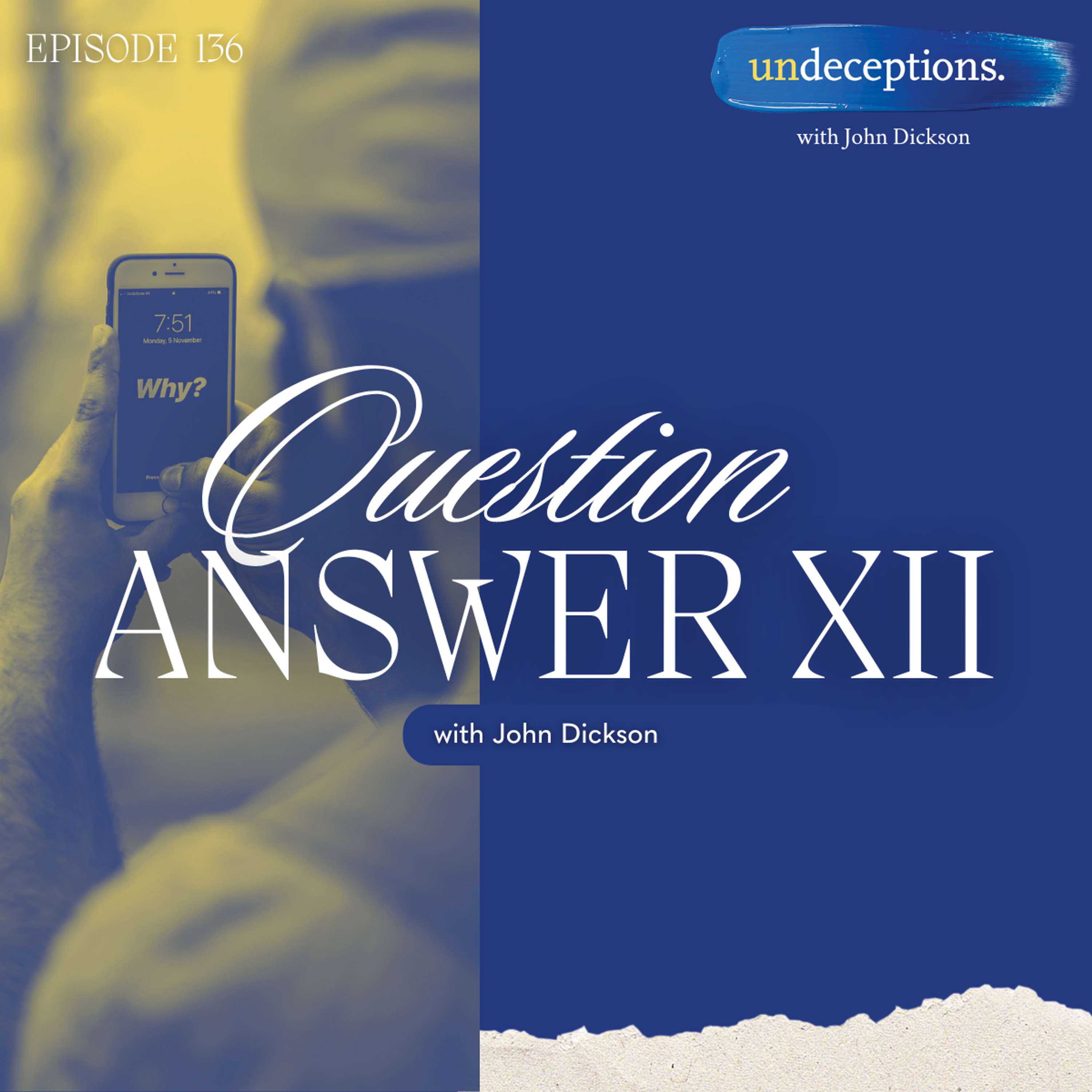
Why did God make the tree of knowledge of good and evil? Can Christians smoke weed? Why does God allow natural disasters to happen? John Dickson tackles your questions in one of our best Q&A episodes yet!
135. Intelligible Universe
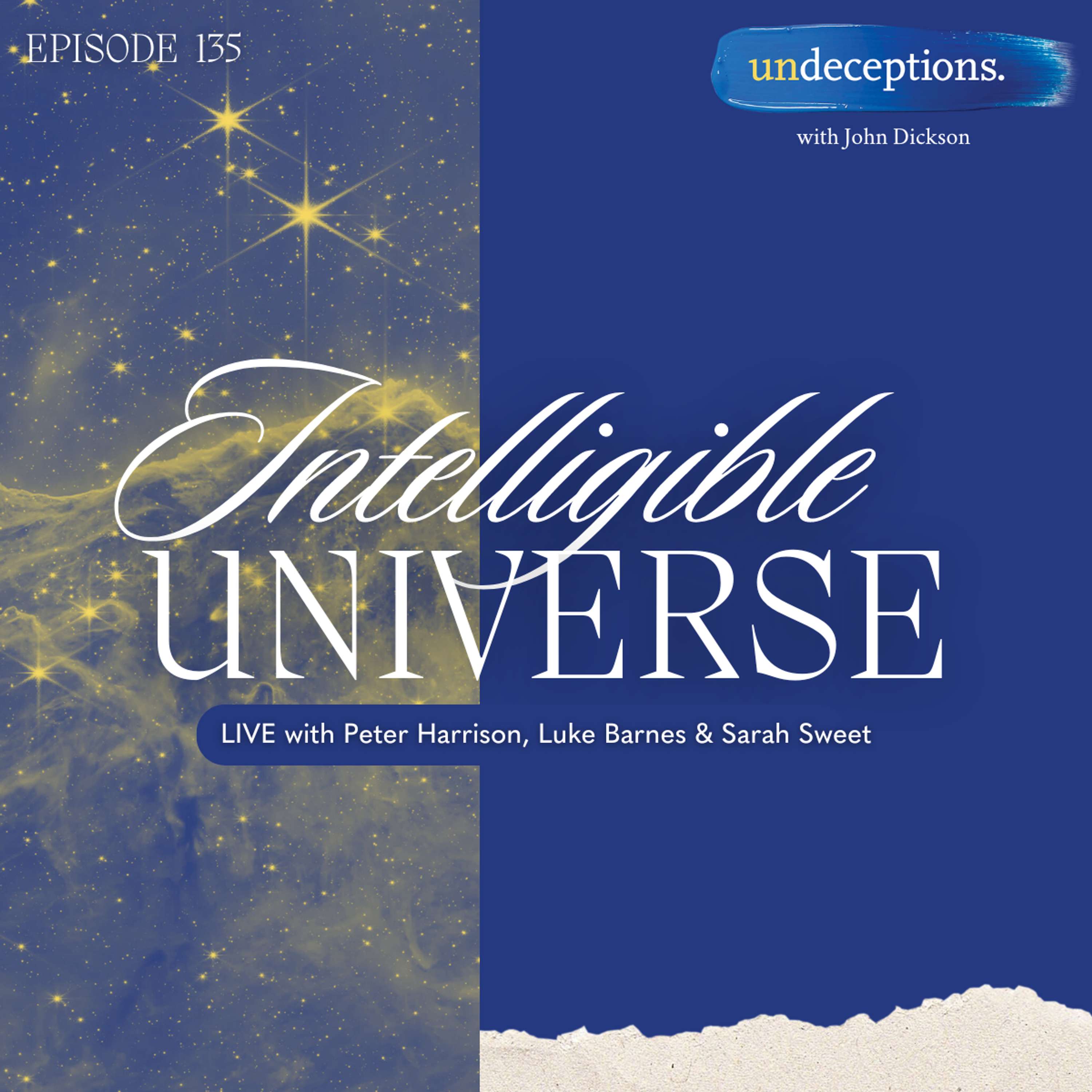
Famed Astrophysicist Neil deGrasse Tyson once (well, several times actually) claimed Christianity was irreconcilable with the science of the Universe.
But there's plenty of scholars who beg to differ.
Recorded live in Brisbane at the State Library of Queensland.
(01:08) - Show begins (05:42) - Introducing Peter Harrison (08:41) - Did we used to have more Christian scientists? (23:16) - Introducing Sarah Sweet and Luke Barnes (25:09) - Is there room for the supernatural in science? (38:11) - 5 Minute Jesus (49:04) - Do we live in a finely tuned universe? (56:35) - What we've learned - and unlearnt - f...134. History Wars
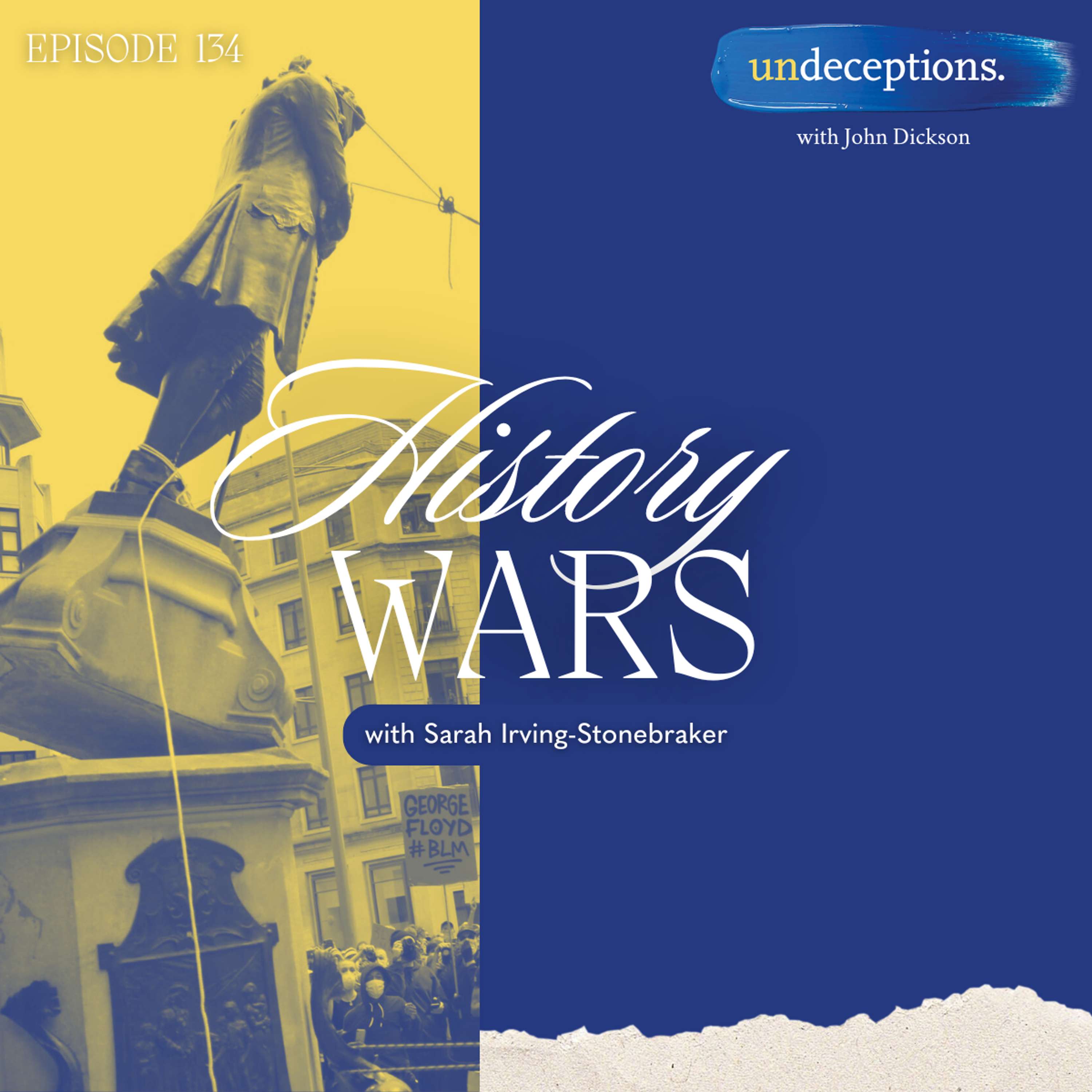
Is history under threat?
Increasingly, the modern, individualistic global West is coming to see history as a discipline that's irrelevant, harmful, and divisive.
Some are worried that we're becoming increasingly disconnected from a broader story.
Can the past help us navigate our modern world? Or is it better if we let it fade into a "dark age"?
(00:11) - What do you call a collective of historians? (05:40) - Why does history matter? (08:12) - What makes a good historian? (10:49) - Historical culture wars (14:32) - An Ahistoric Age (16:44) - Is history irrelevant? (18:59) - His...133. Why Trust?
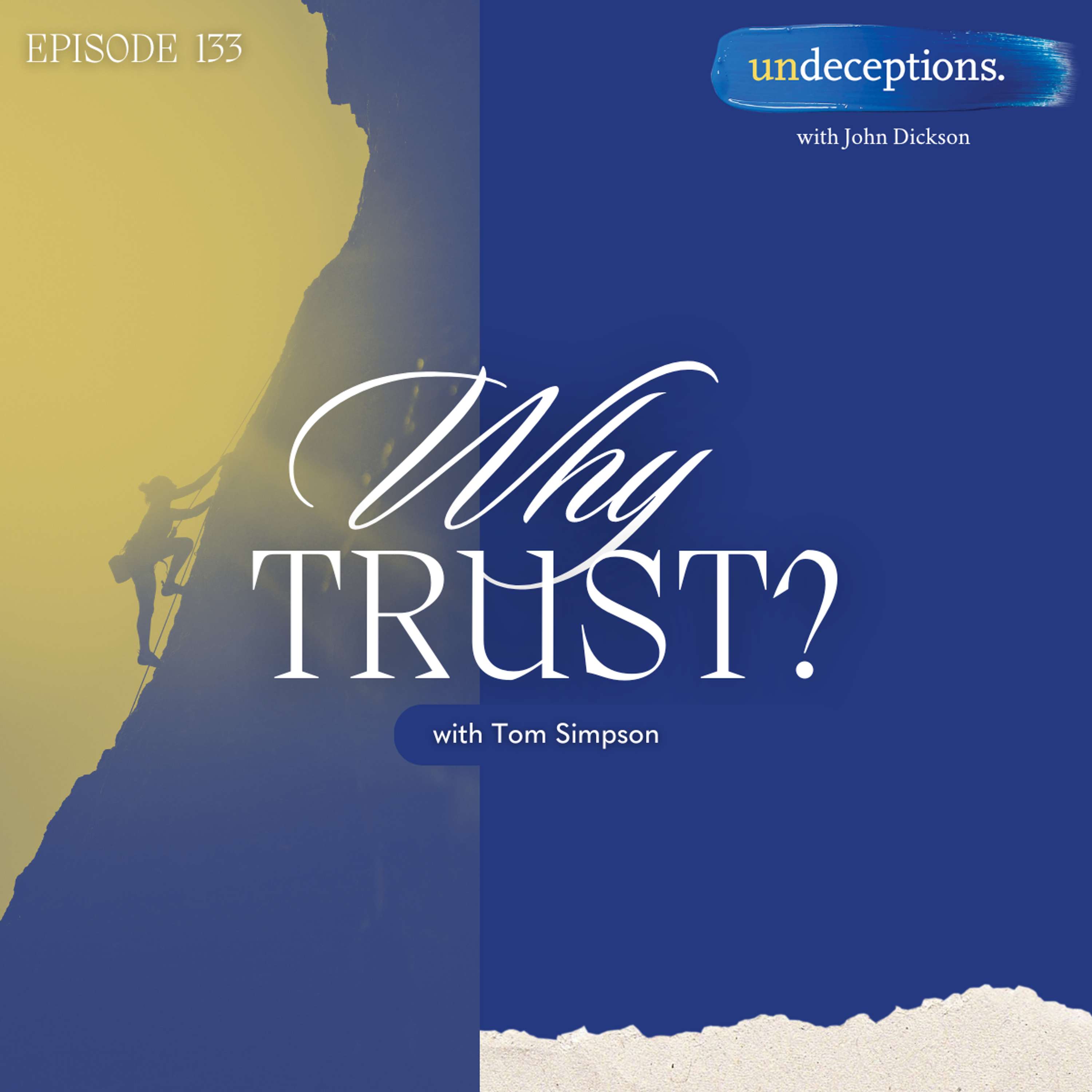
Trust is everywhere. It underpins our institutions, our health, and our relationships. However, experts are worried that the world is facing a trust crisis. If so much of our lives depend on it, what could happen if trust starts to break?
In this episode, we spend some time talking about institutional church abuse. Check the time codes below if it would be helpful to skip past this section.
39:15 - Section begins
42:23 - Regular interview resumes
132. True Crime
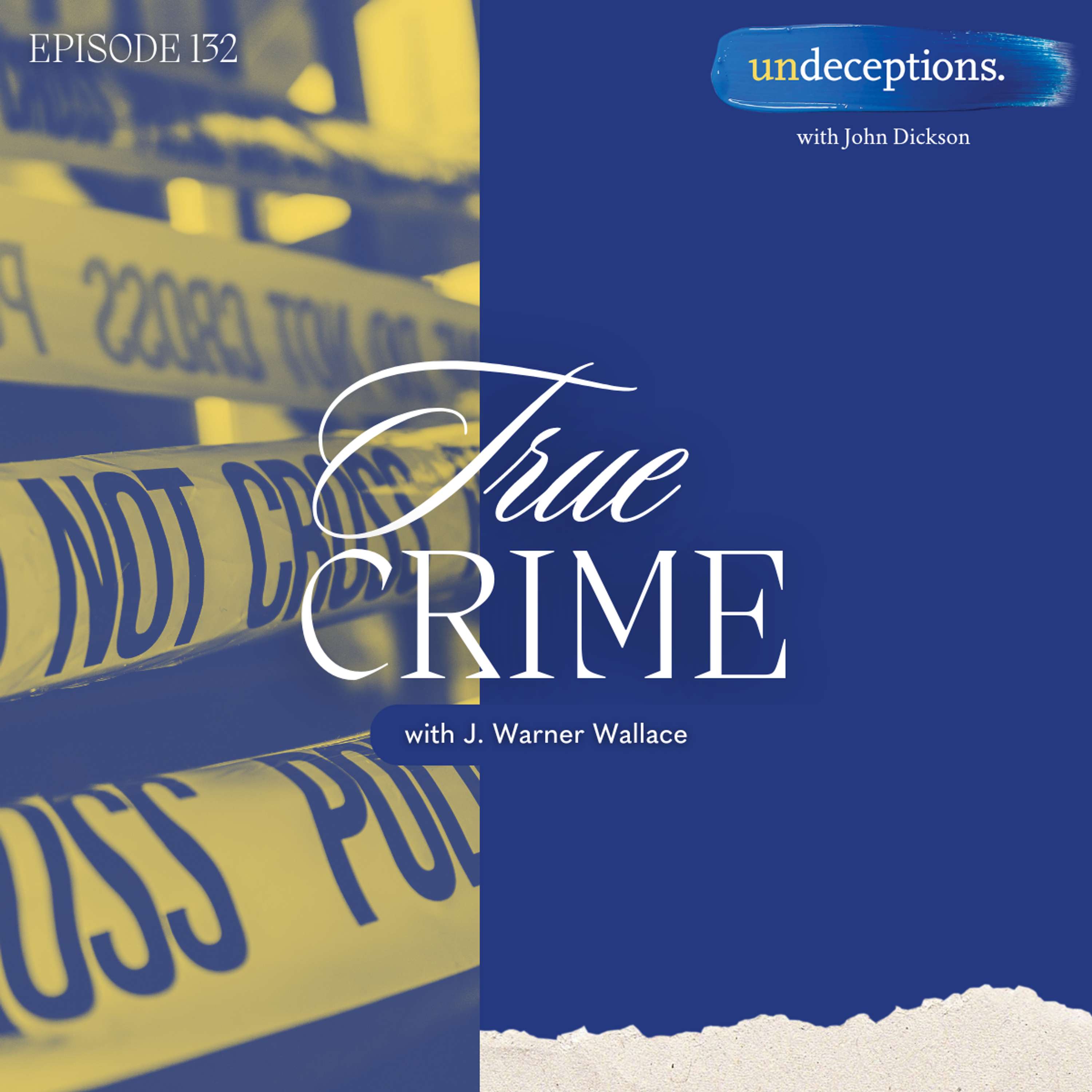
True Crime is one of the most popular genres of film, podcasting, literature, and TV worldwide.
We are obsessed with tales of the morbid, dark, and most importantly, true.
As one cold-case detective believes, we can't get enough true crime because of what it teaches us about our human nature.
But that same detective found that these lessons on humanity could also be found in - what was for him - the unlikeliest place: The Bible.
131. English Language
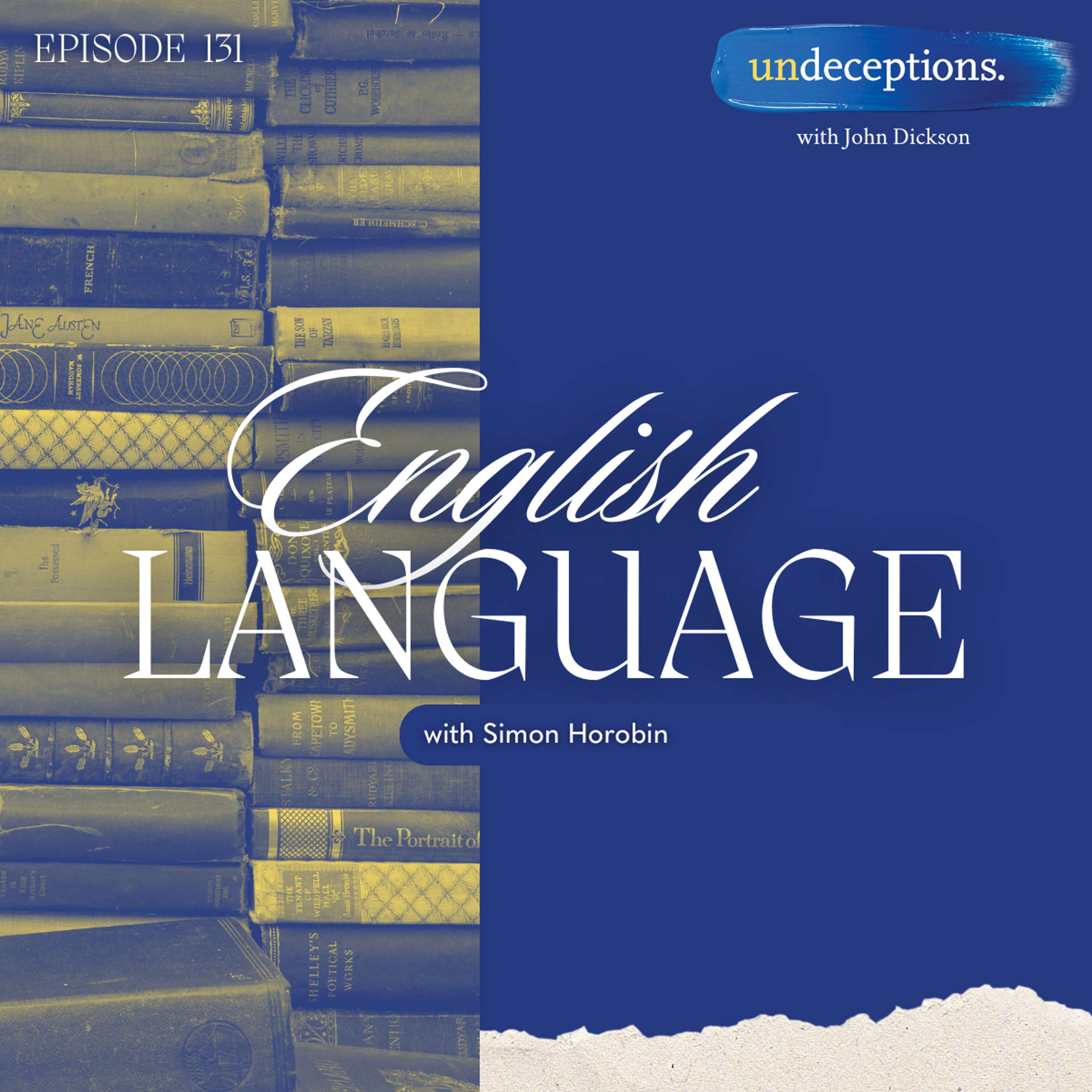
Half a billion people alive today speak English as their first language. But how you speak English depends on where you live, where you come from, and how it was taught to you. It's truly a universal language. So - what's its history? If this is the language that has done the most to spread Christianity (as some claim), how have its quirks influenced our understanding of the Bible?
130. On Augustine
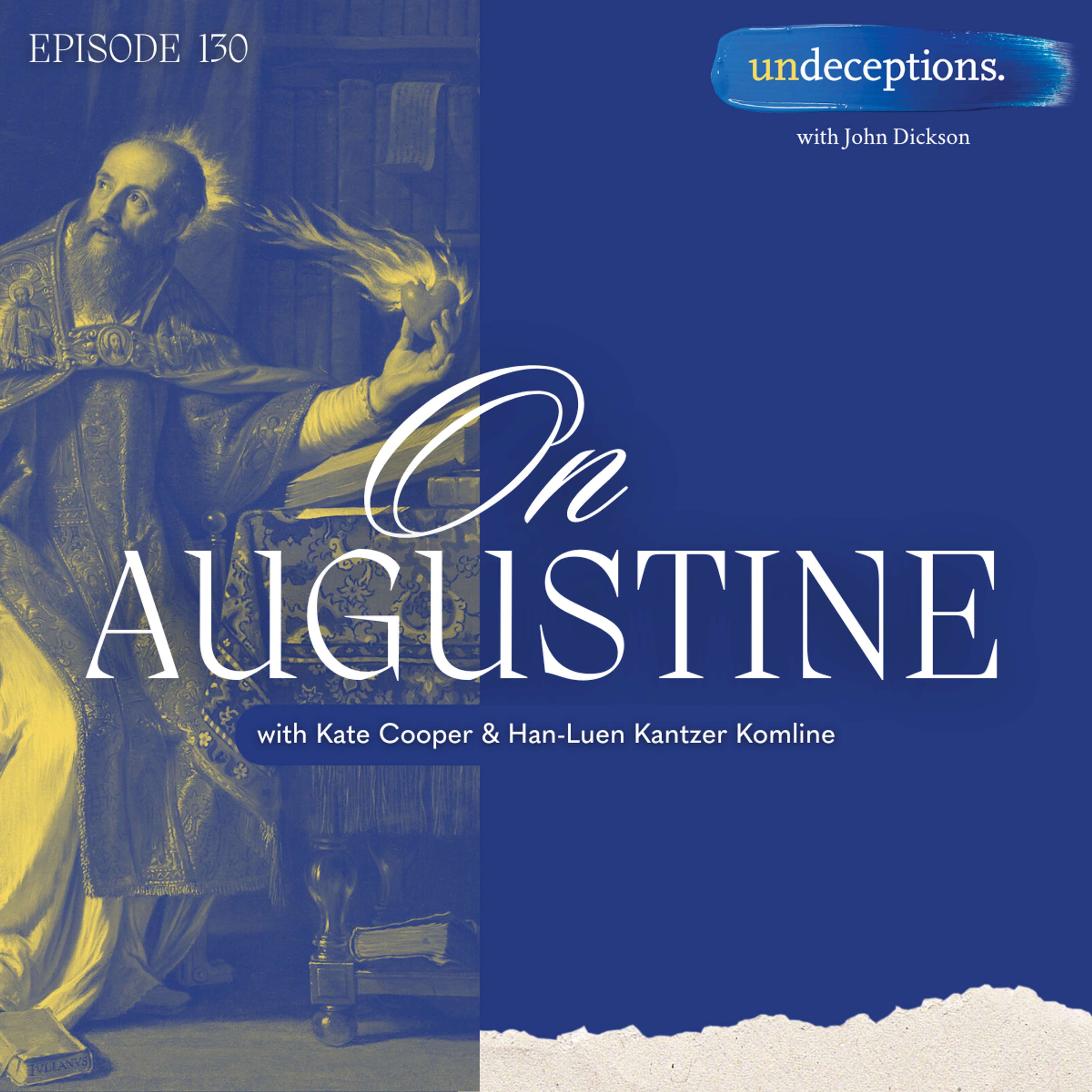
There's a reason our guests have mentioned Augustine more than any other theologian or philosopher. St Augustine of Hippo was an intellectual giant whose shadow still hangs over Christianity and the Western philosophical tradition. But not everyone loves him. To some, he's a misogynistic pessimist whose work we're better off without. So - what's the truth? It's finally time for Undeceptions to take a deep dive into Augustine.
SINGLE: On Persuasion
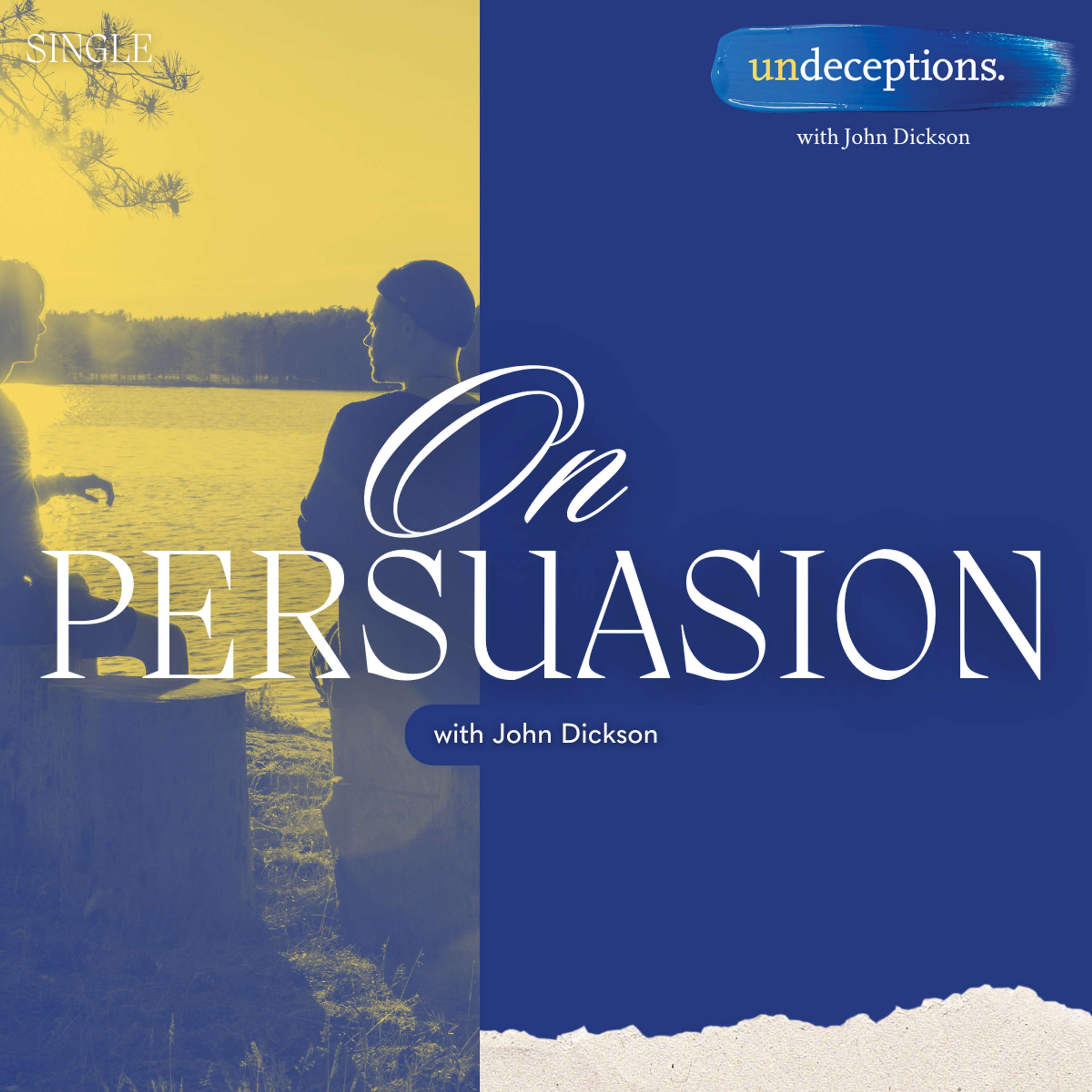
Reasoning can take us to almost any conclusion we want. We ask "Can I believe?" if we want to believe, or "Must I believe?" if we don't. We can persuade ourselves easily. Only through humility do we stand a chance of approaching something more in line with the truth.
SINGLE: Jazz Church
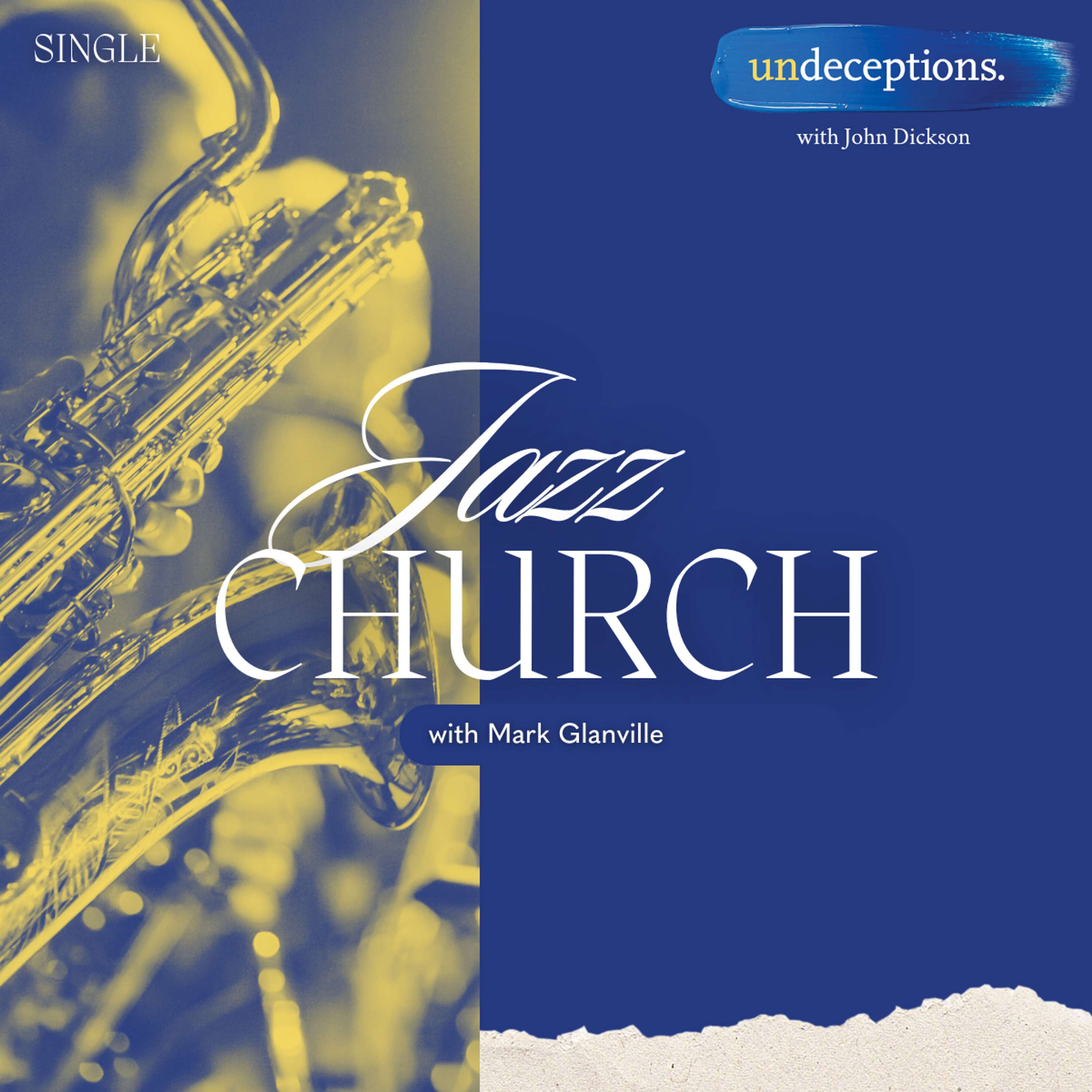
Jazz is a genre of music steeped in tradition, culture, and most importantly, improvisation. According to some, the church can learn a few lessons from this wonderful art form.
129. American Evangelical
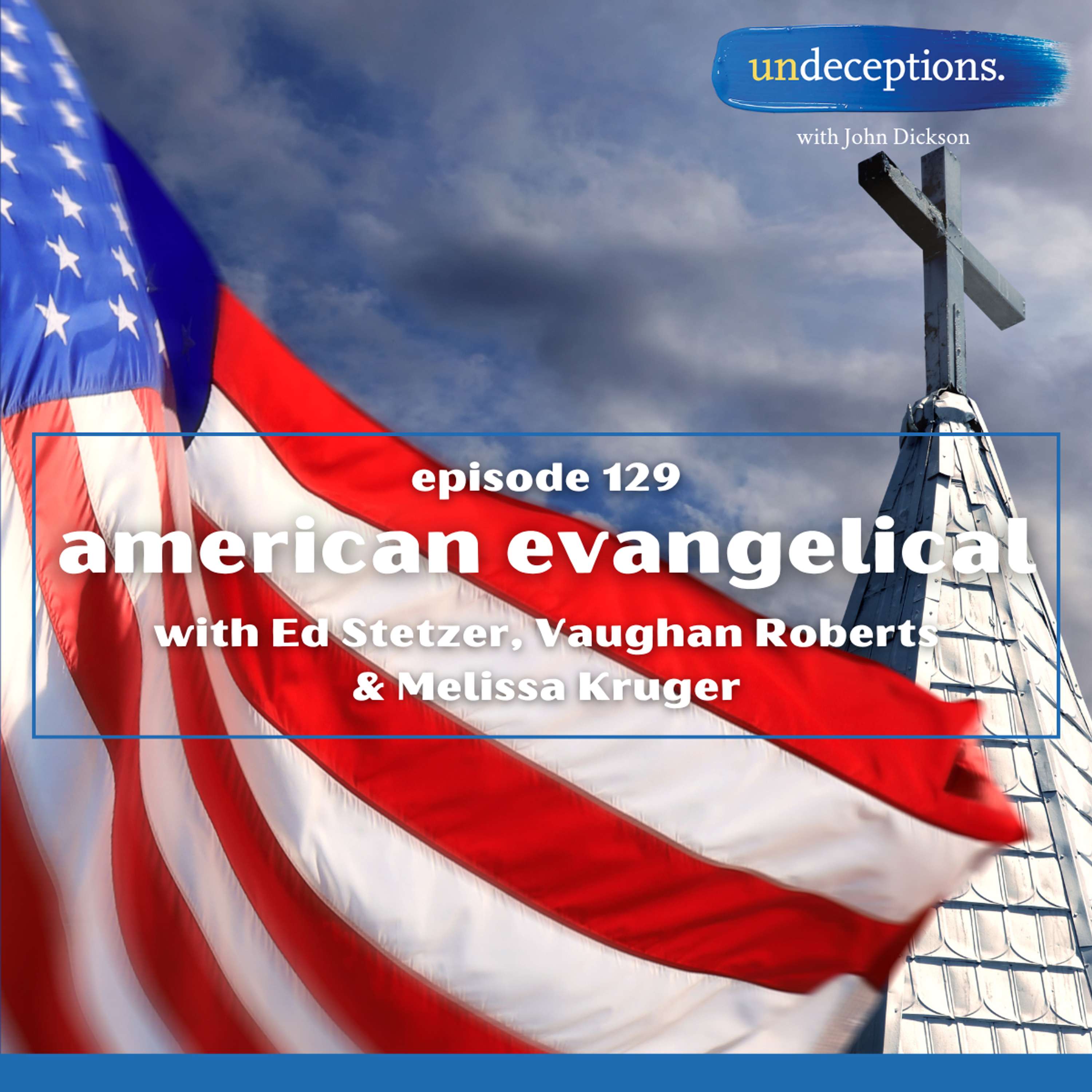
Evangelicalism has always been a politically loaded word - but especially since the turn of the century.
This is especially true of American evangelicalism.
But if we strip away all the nationalistic and political weight, what is evangelicalism? What makes the American strain of evangelicalism particularly unique? How does it compare to other types of evangelicalism?
